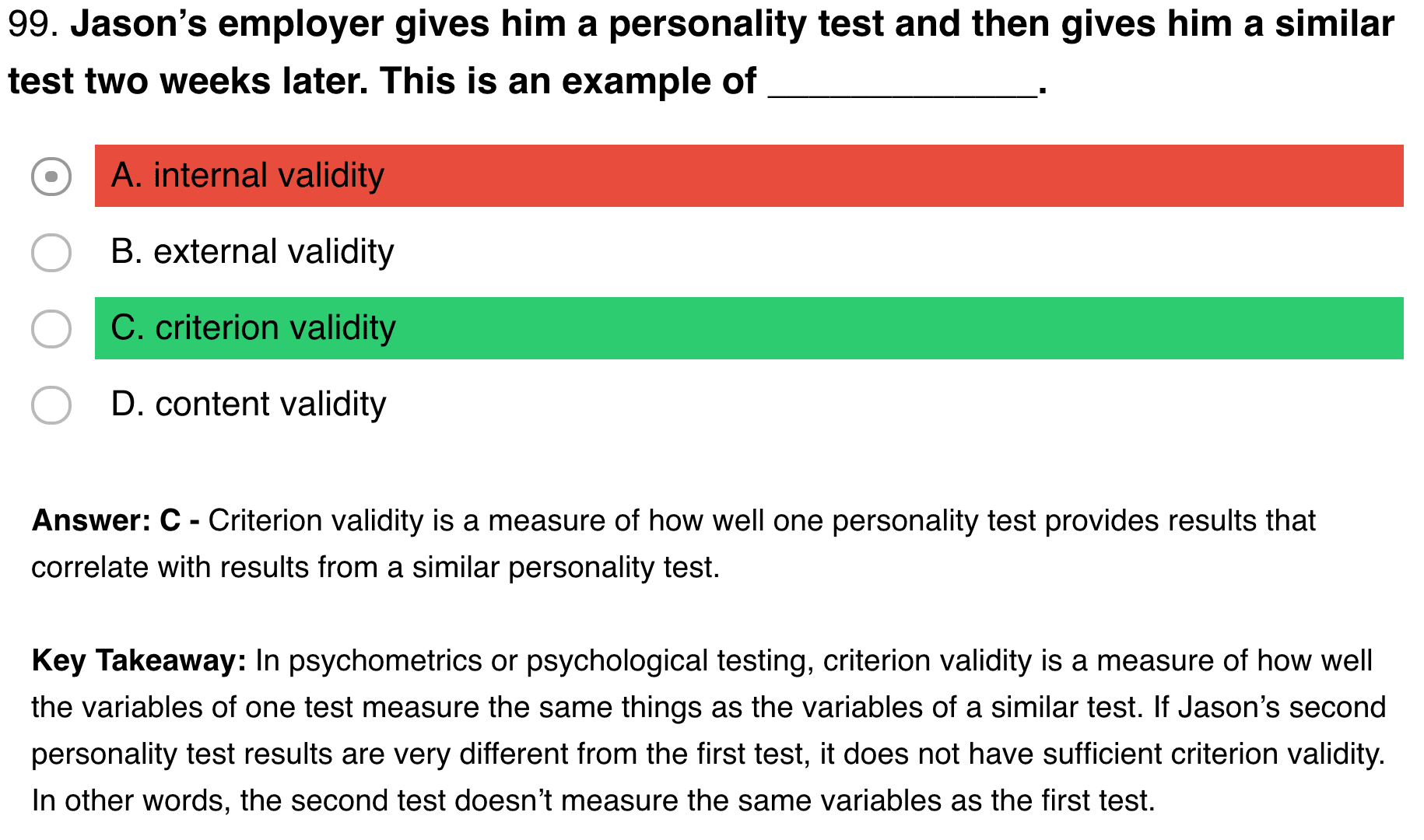Exam Link
Question 4
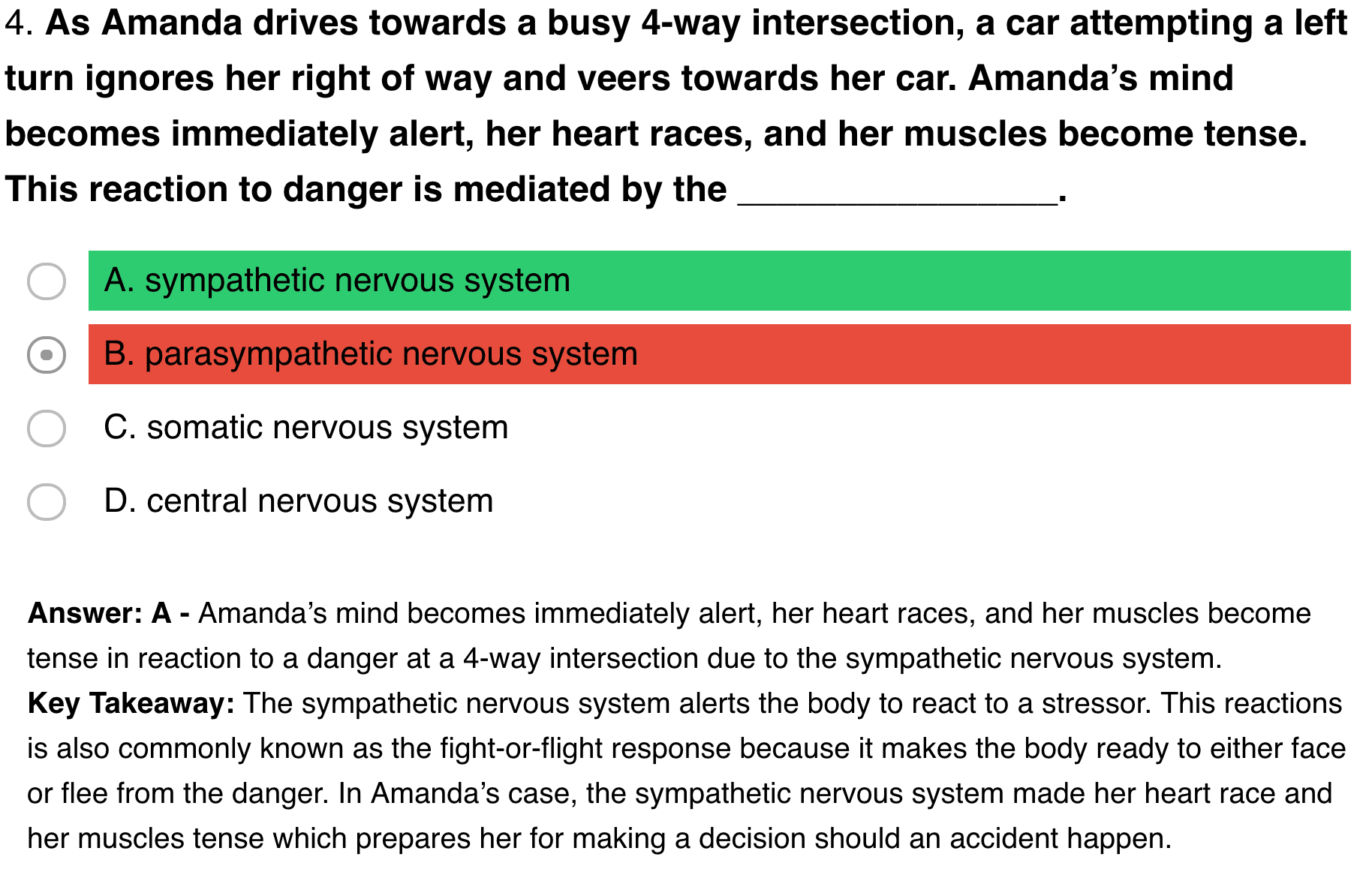
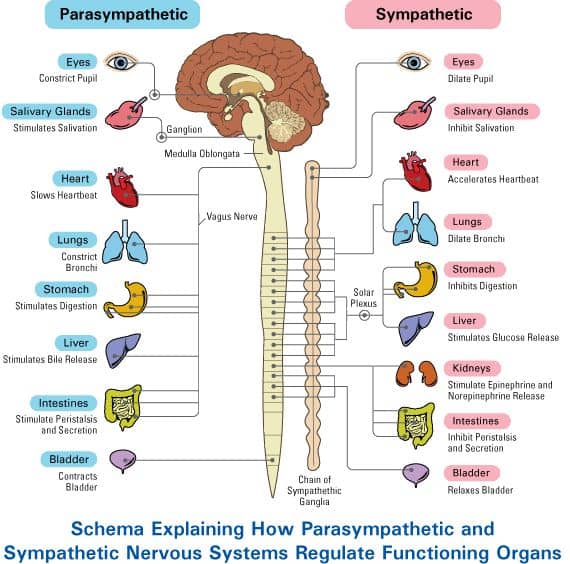
Question 5
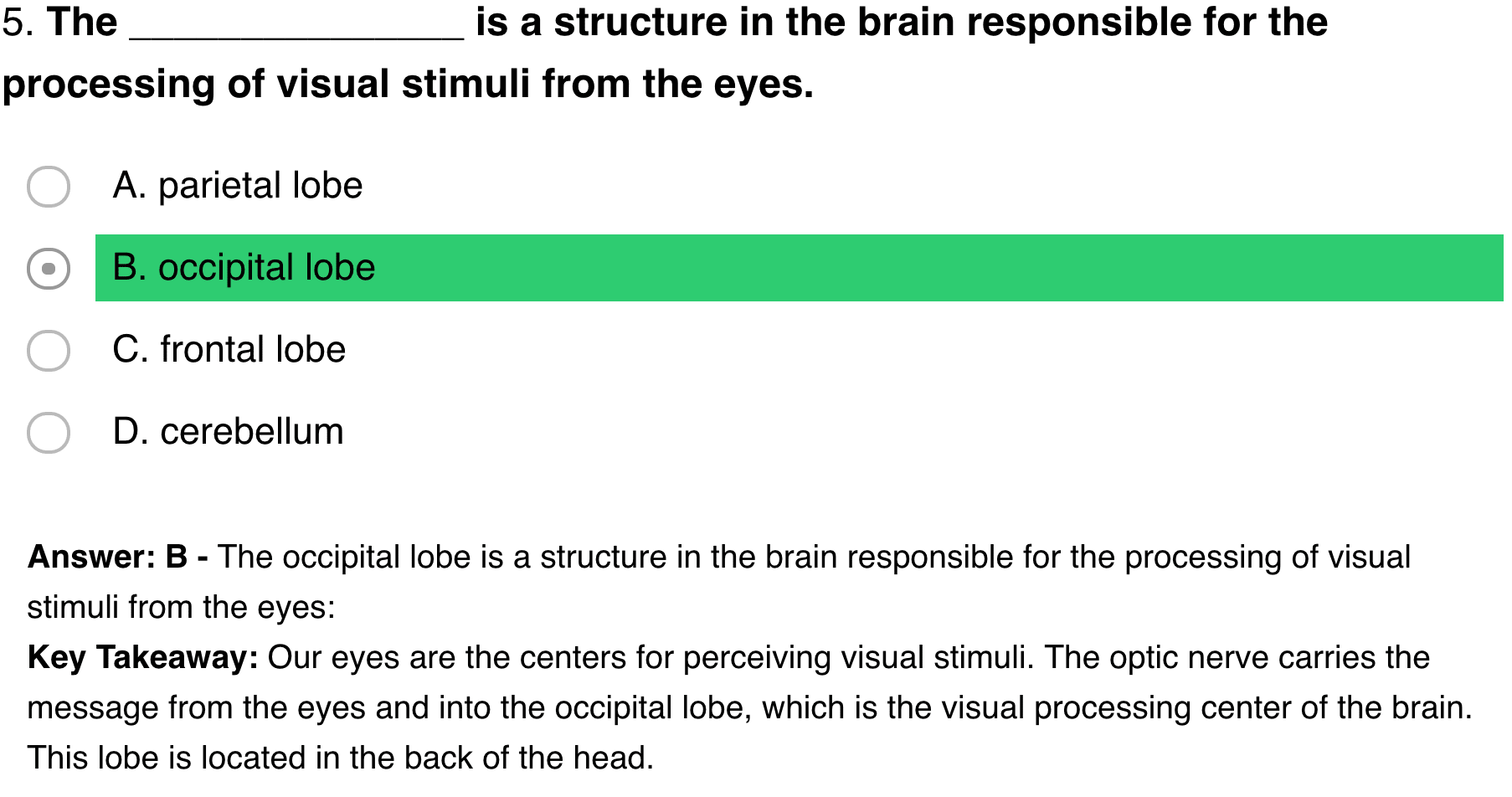
Question 6
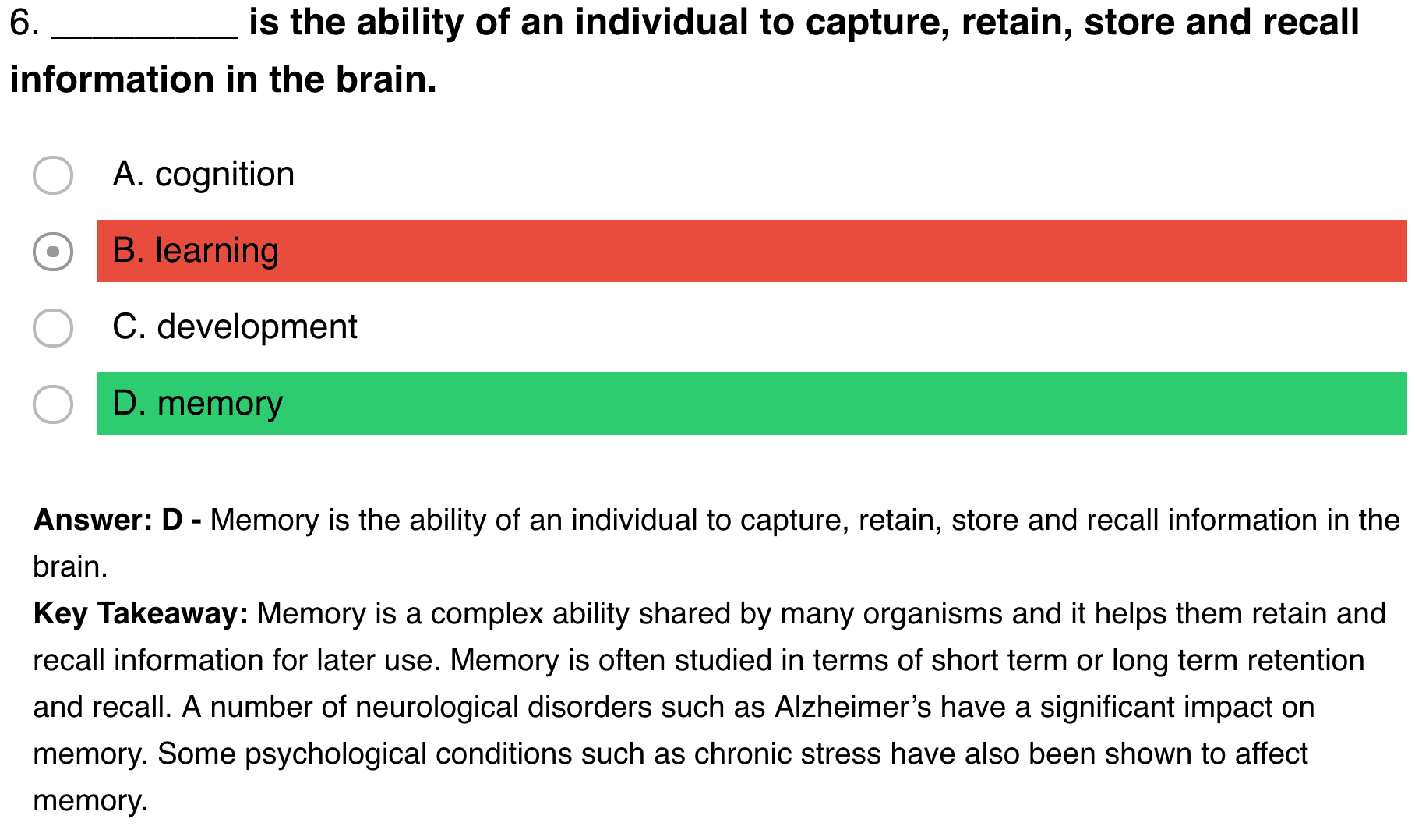
- Learning and memory are closely related concepts.
- Learning is the acquisition of skill or knowledge, while memory is the expression of what you’ve acquired.
- Another difference is the speed with which the two things happen. If you acquire the new skill or knowledge slowly and laboriously, that’s learning. If acquisition occurs instantly, that’s making a memory.
Question 9
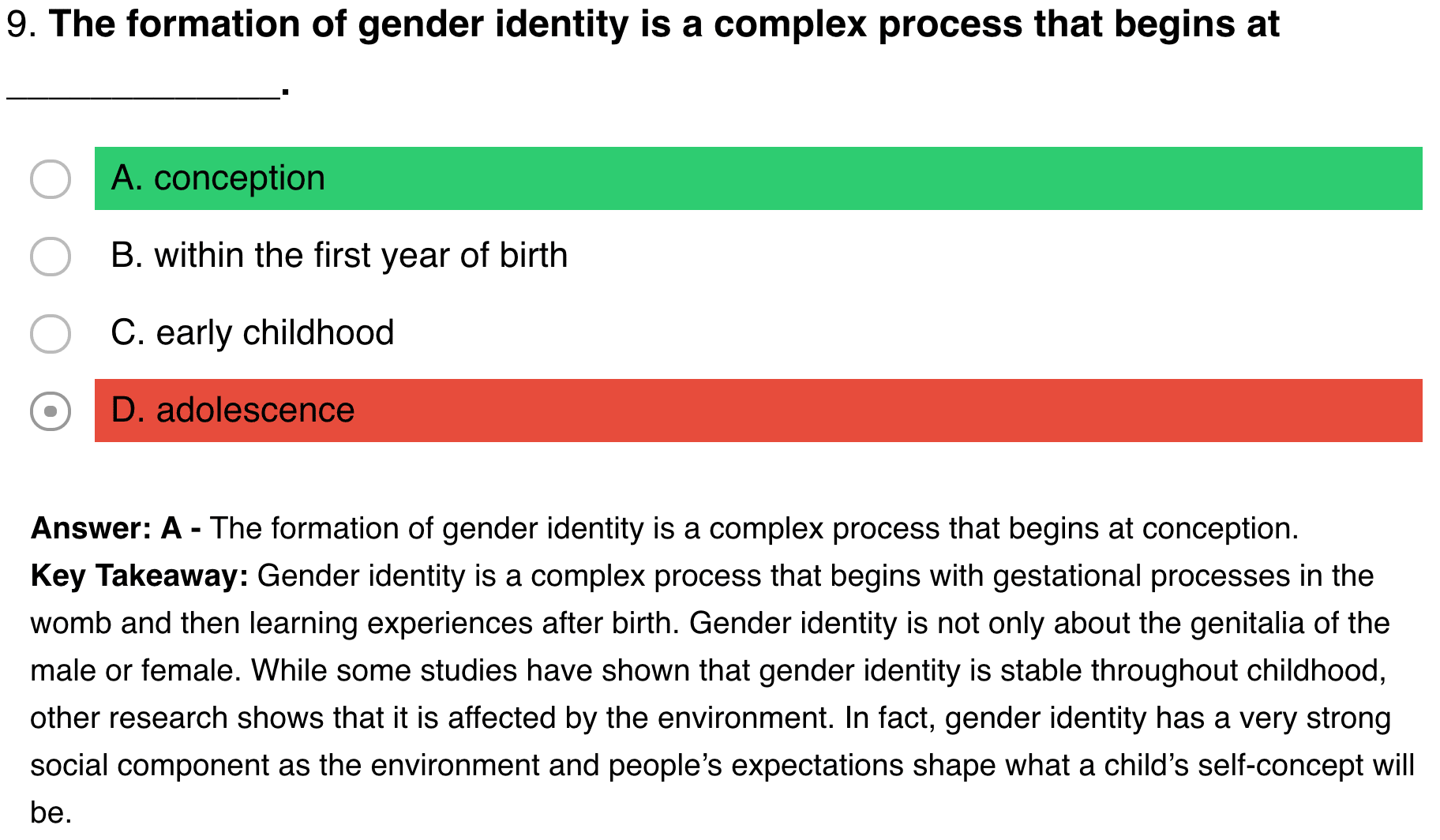
Question 11
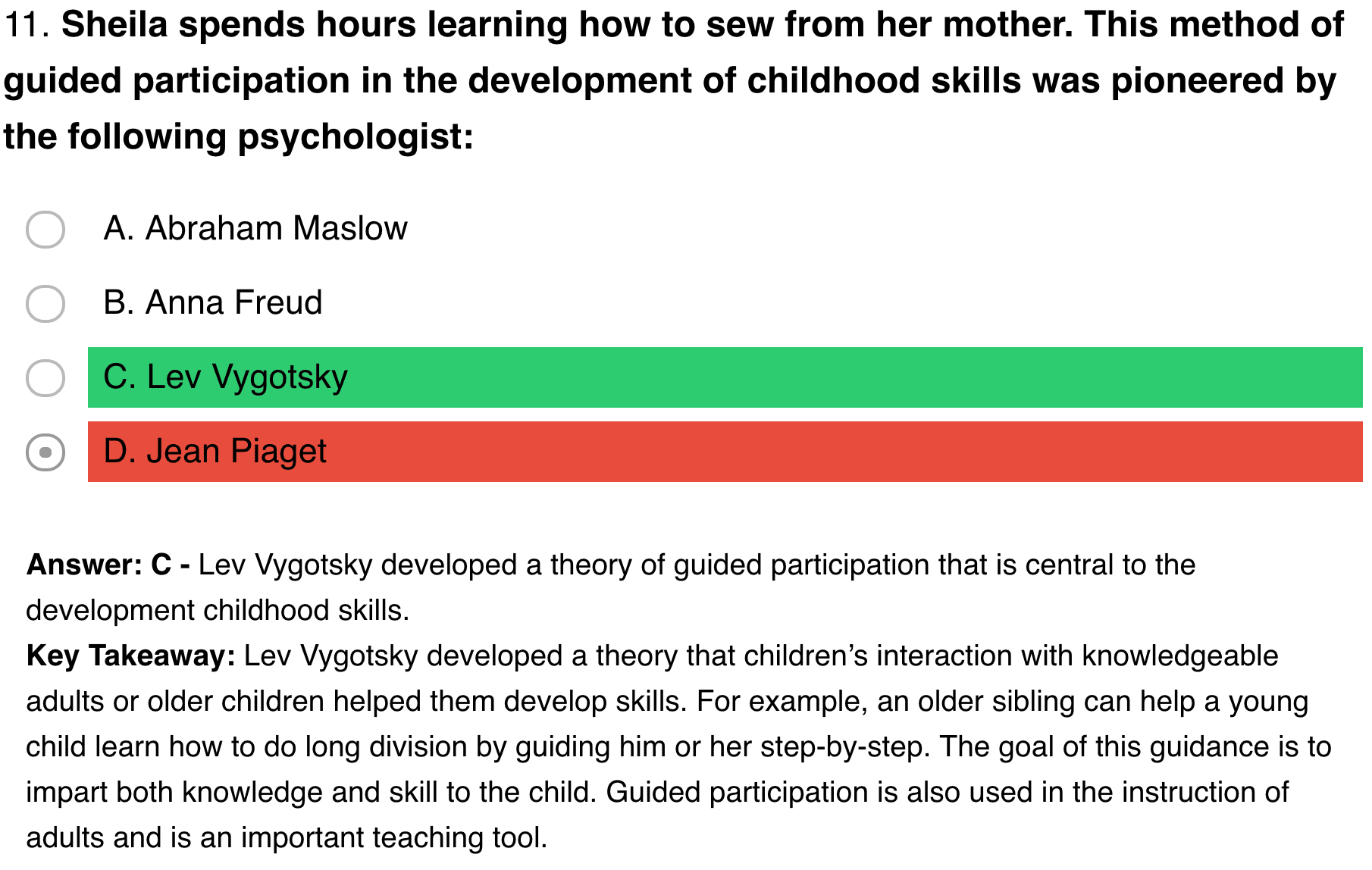
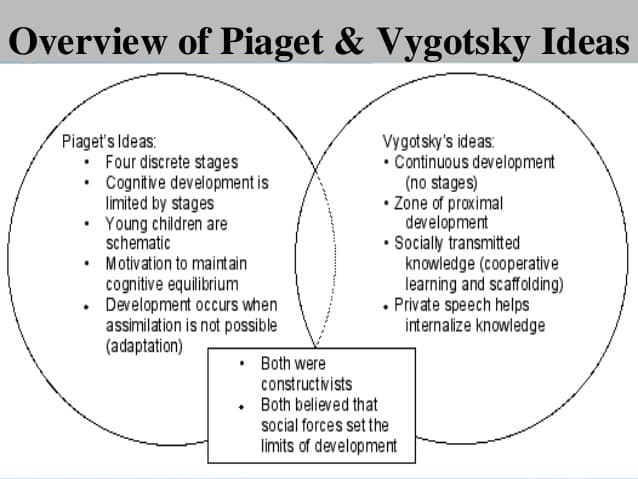
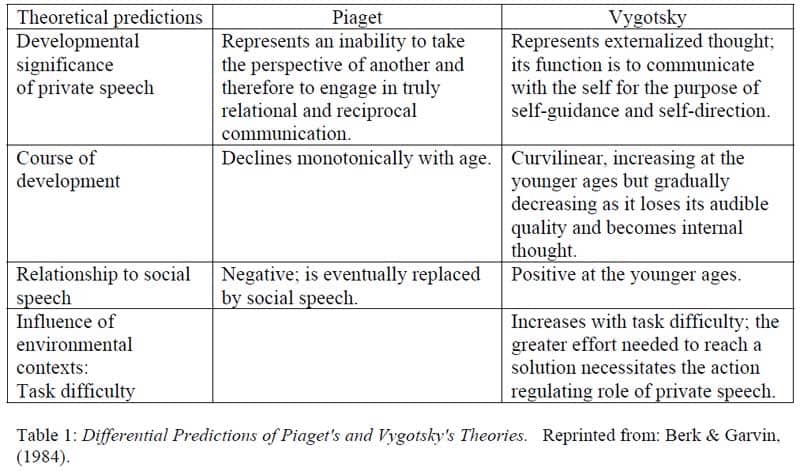

Question 13
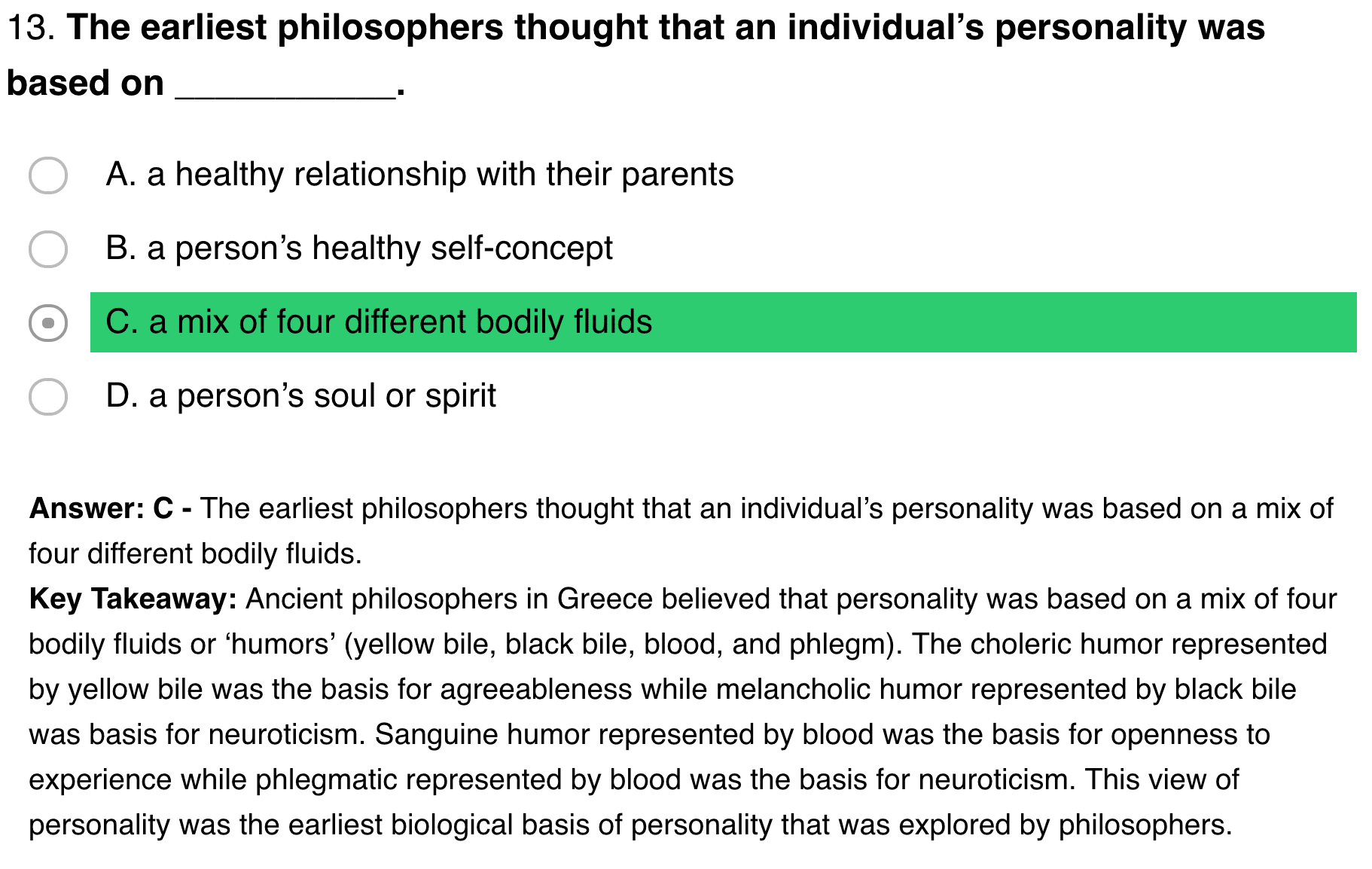
Question 15
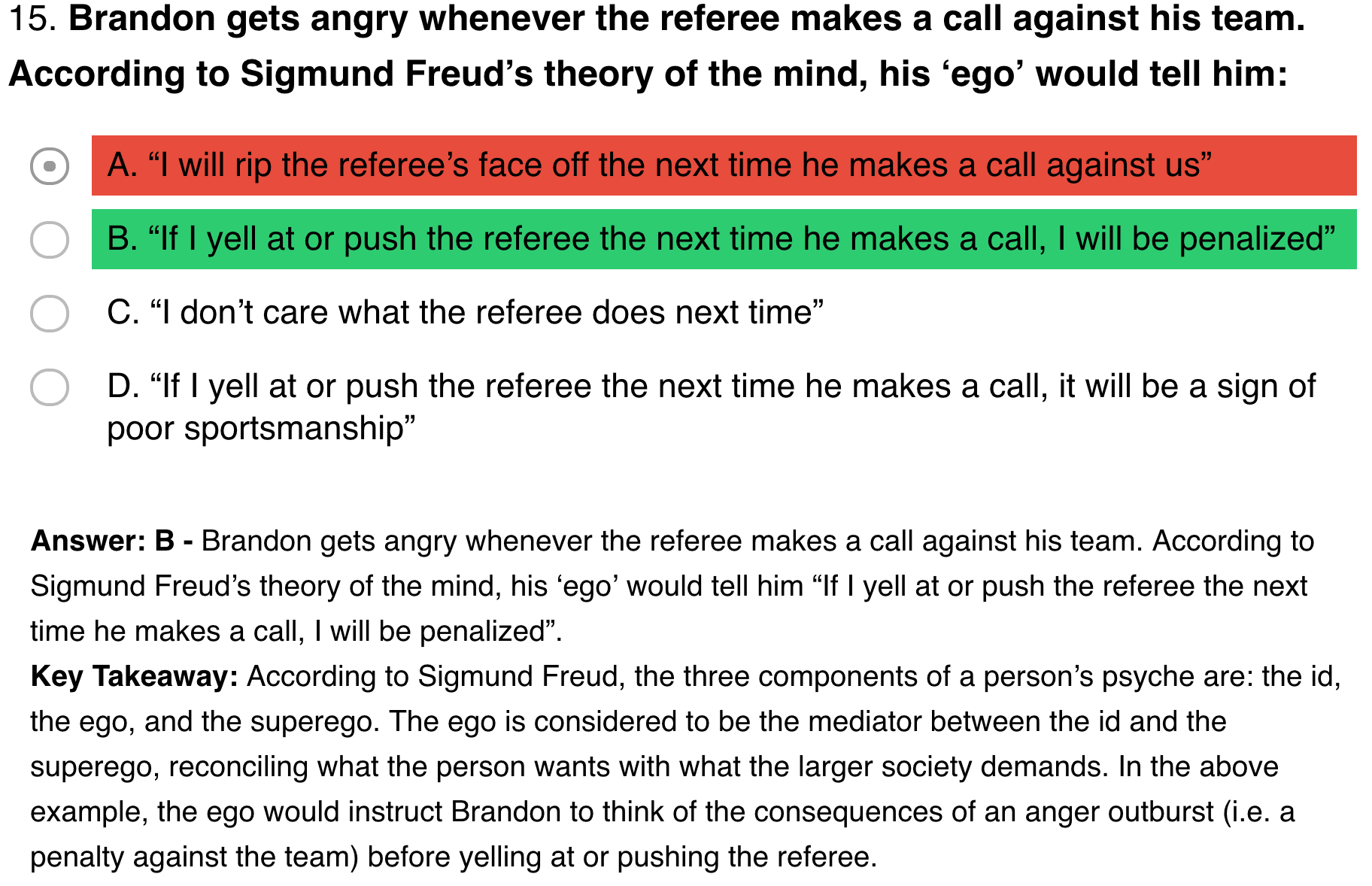
Question 16
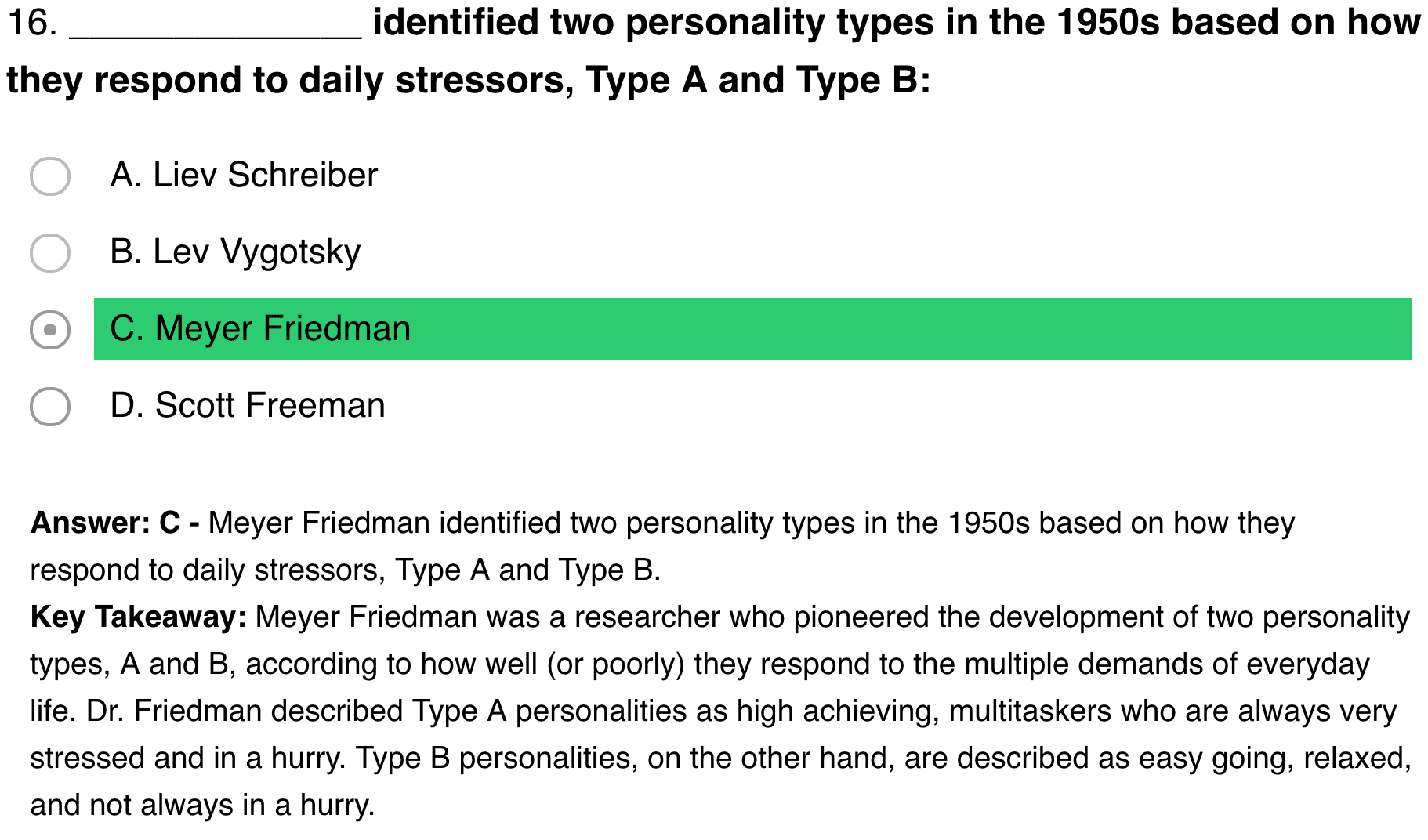
- Vygotsky's main work was in developmental psychology, and he proposed a theory of the development of "higher psychological functions" that saw human psychological development as emerging through interpersonal connections and actions with the social environment.
- Meyer Friedman (July 13, 1910–April 27, 2001) was an American cardiologist who developed, with colleague R.H. Rosenman, the theory that the "Type A" behavior of chronically angry and impatient people raises their risk of heart attacks.
Question 18
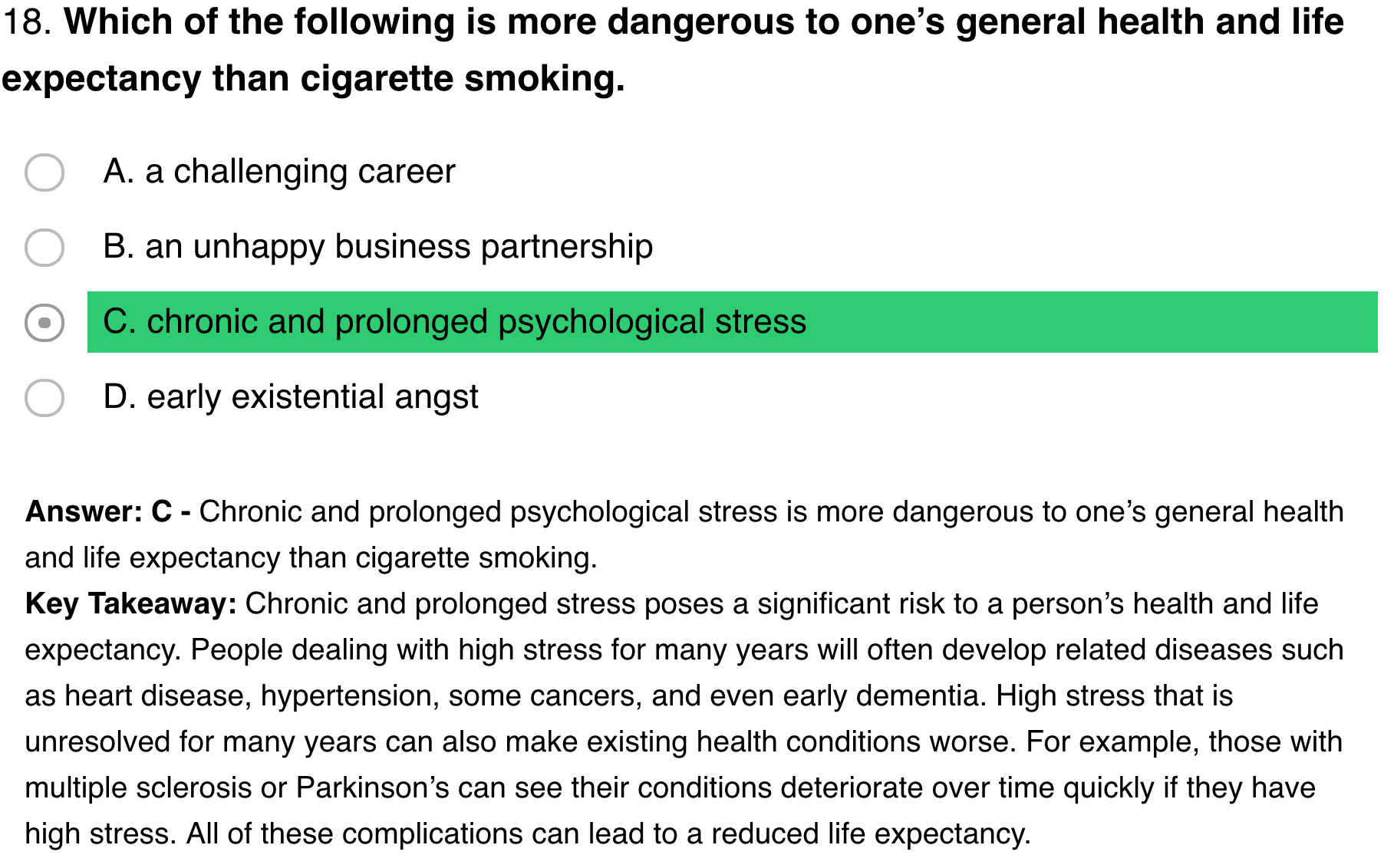
Question 21
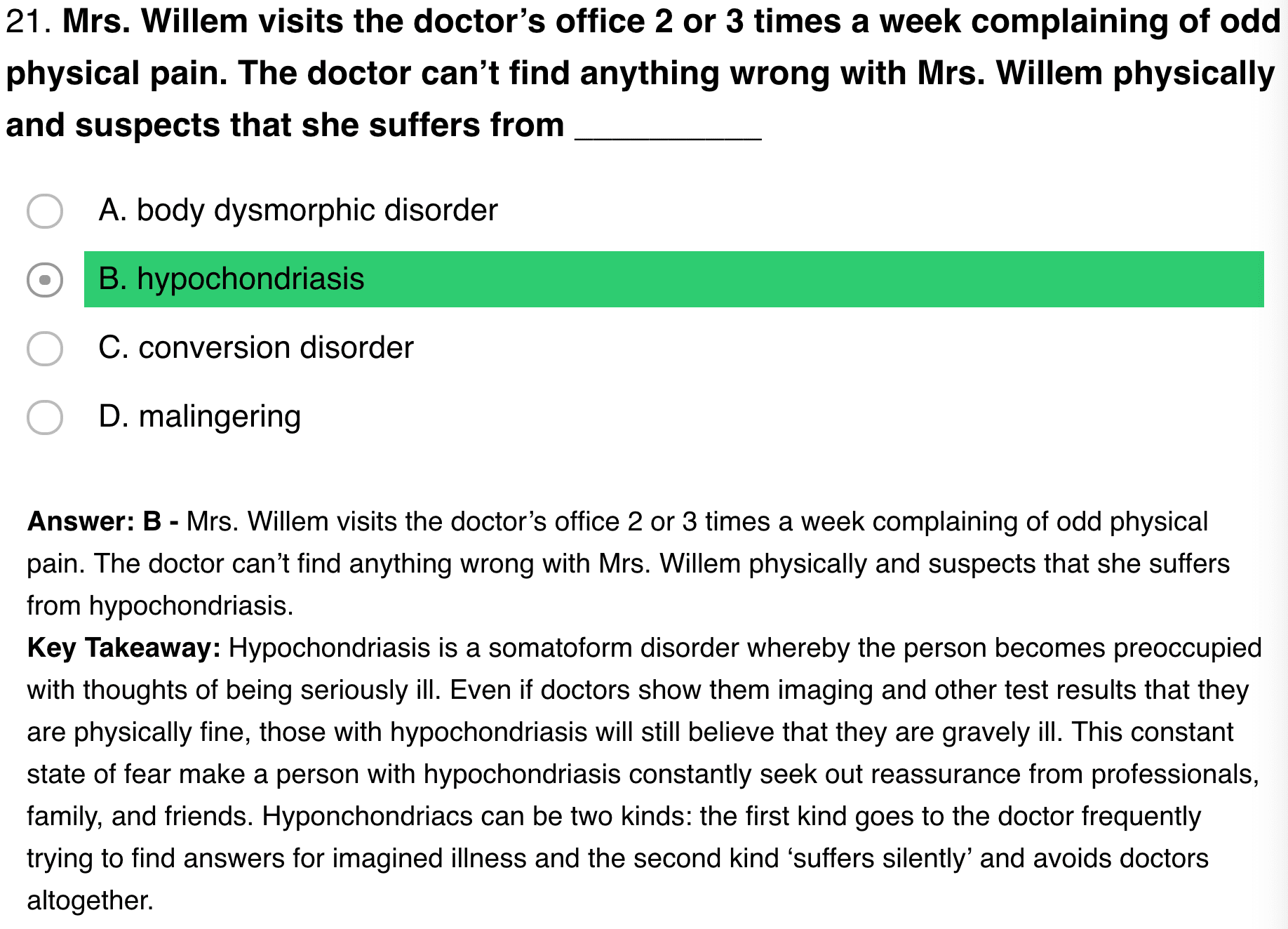
Question 22
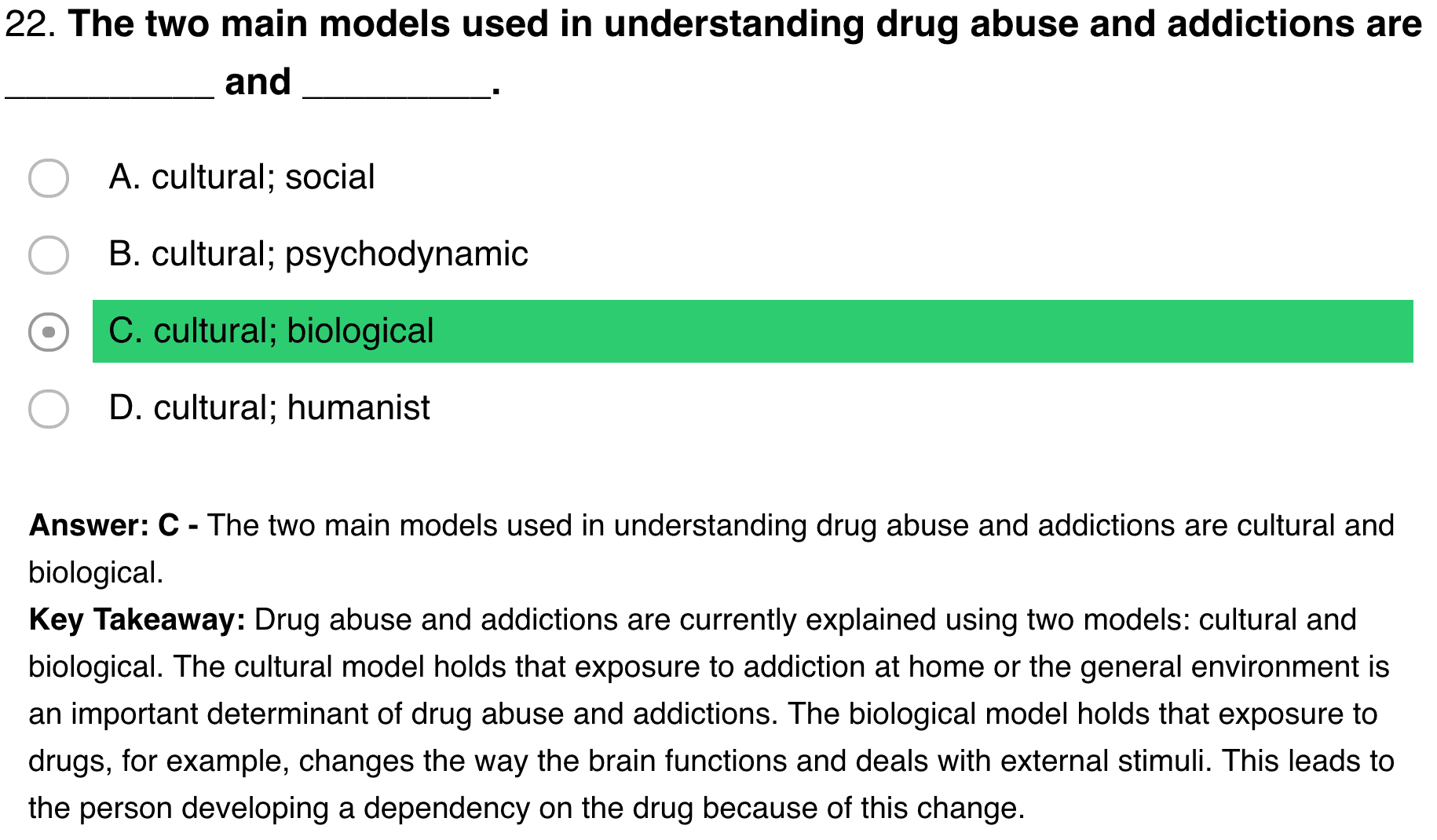
Question 23
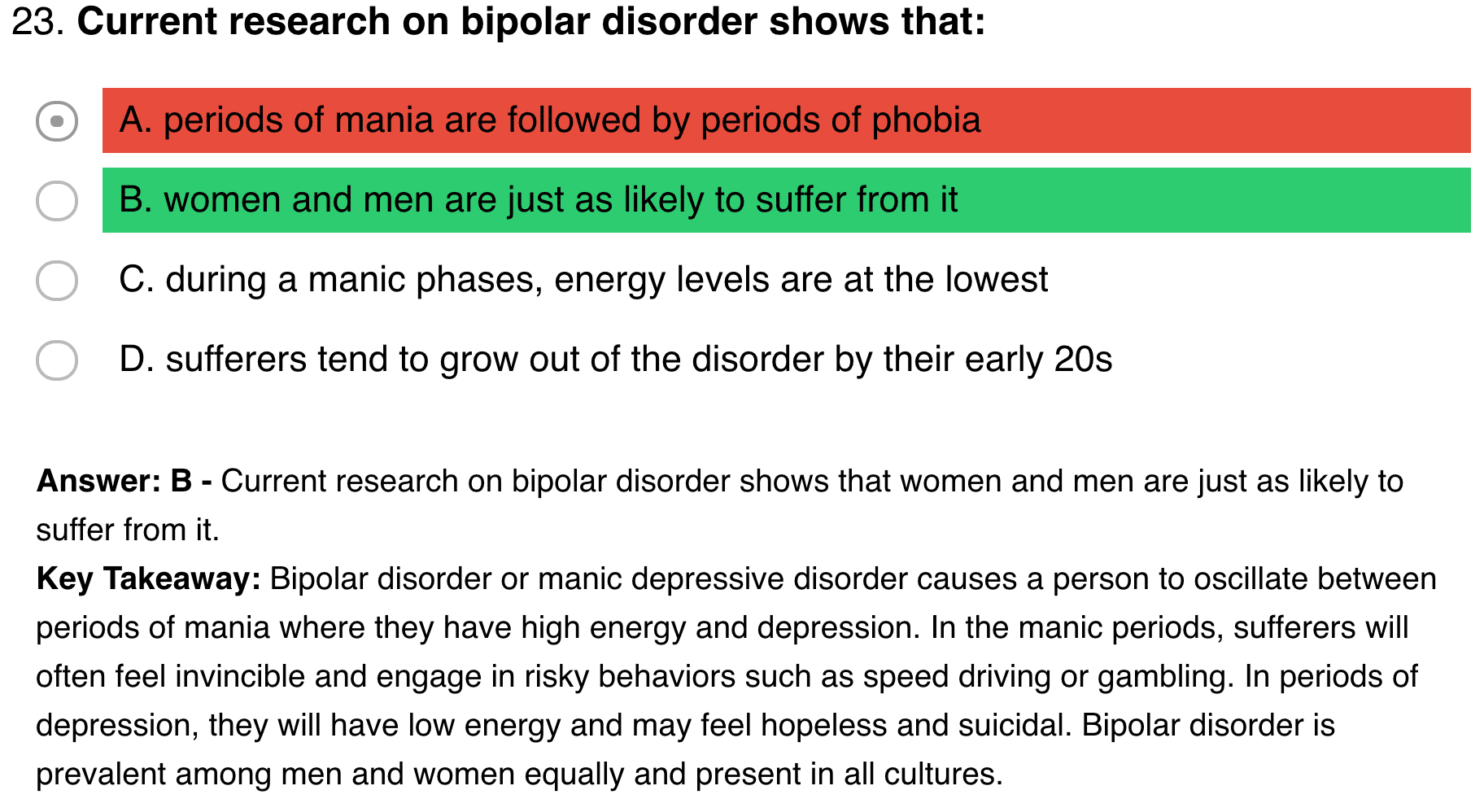
Question 26
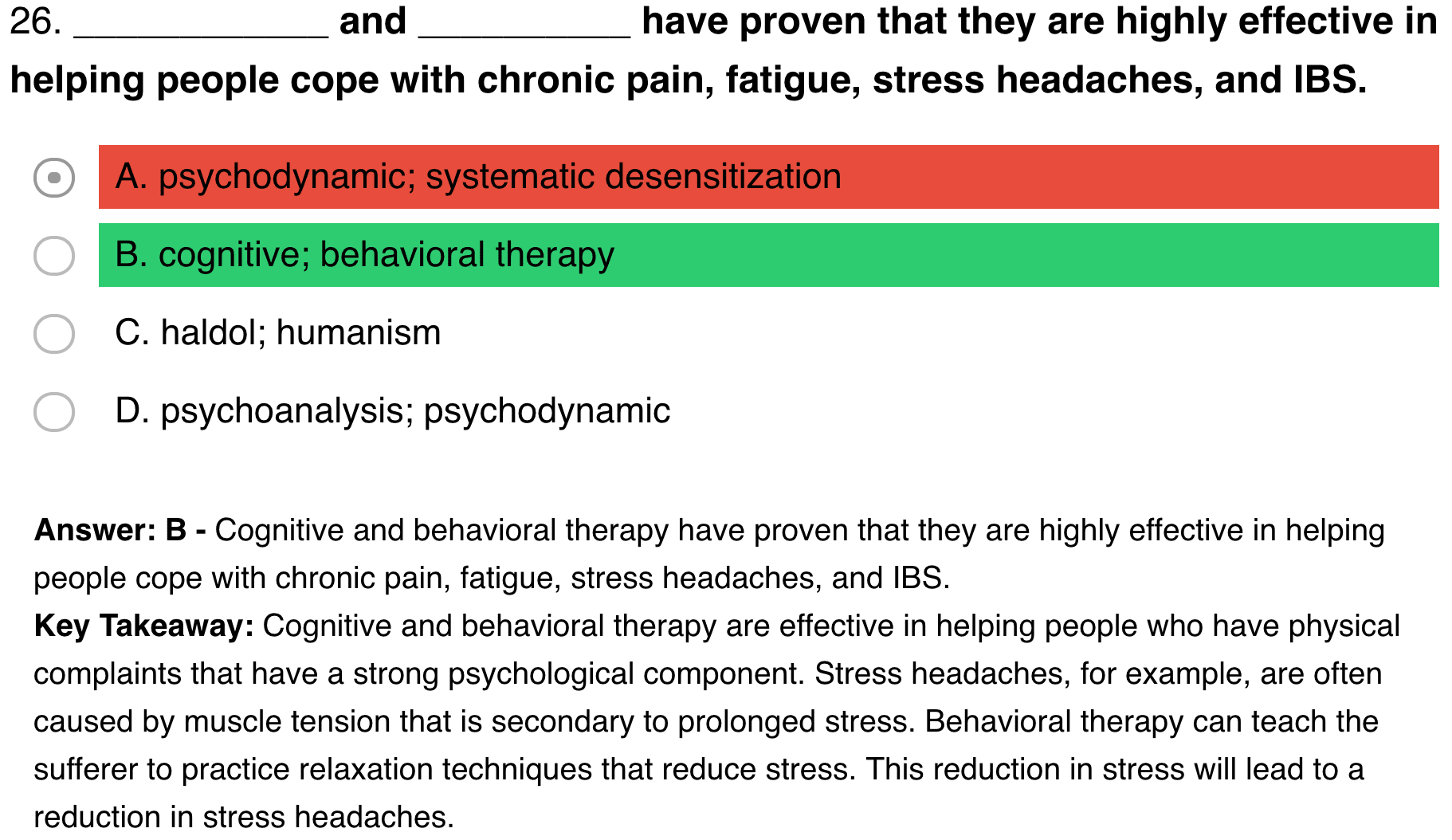
- Cognitive behavioural therapy (CBT) is a talking therapy that can help you manage your problems by changing the way you think and behave.
- It's most commonly used to treat anxiety and depression, but can be useful for other mental and physical health problems.
Question 29
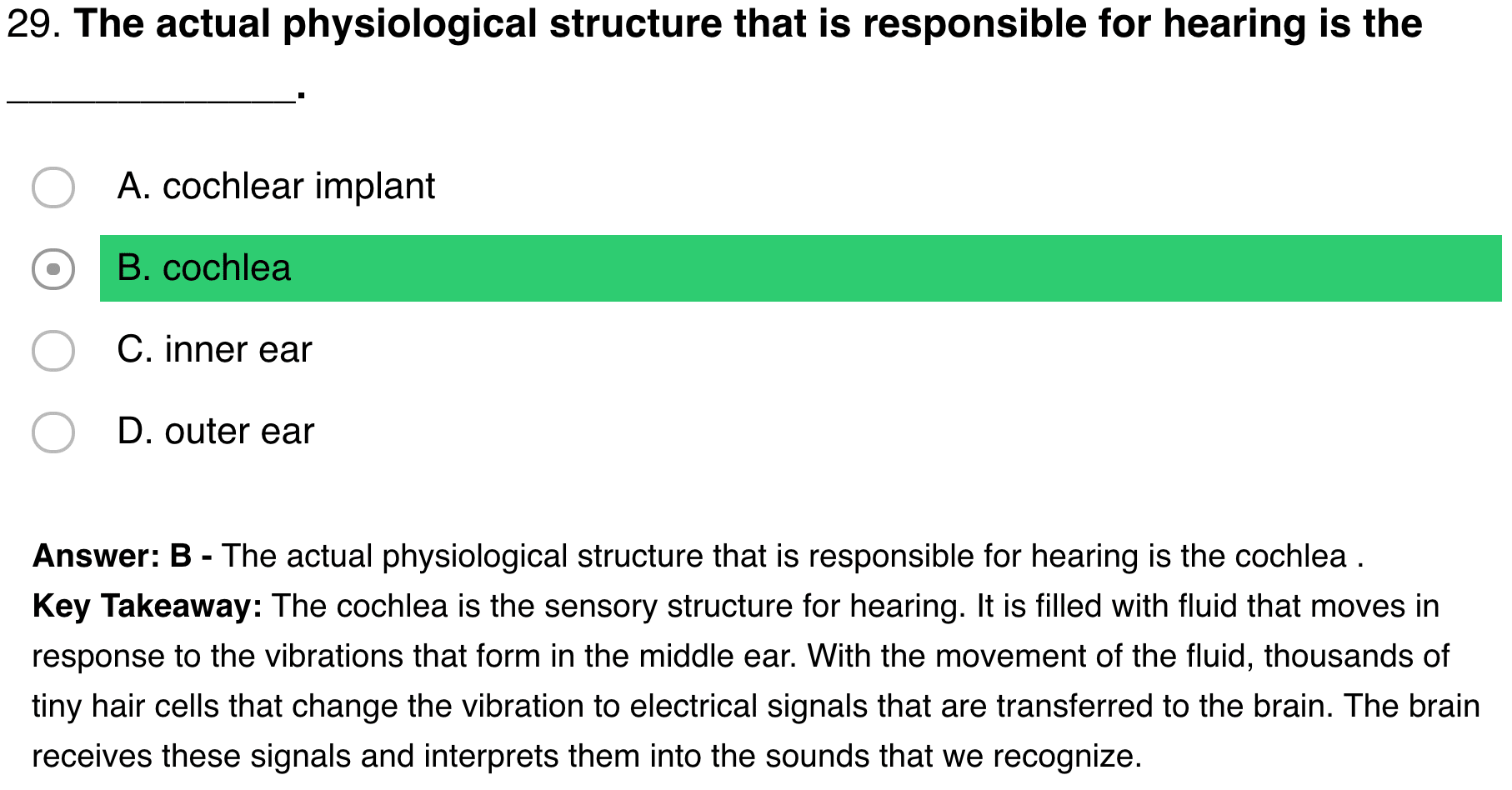

Question 30
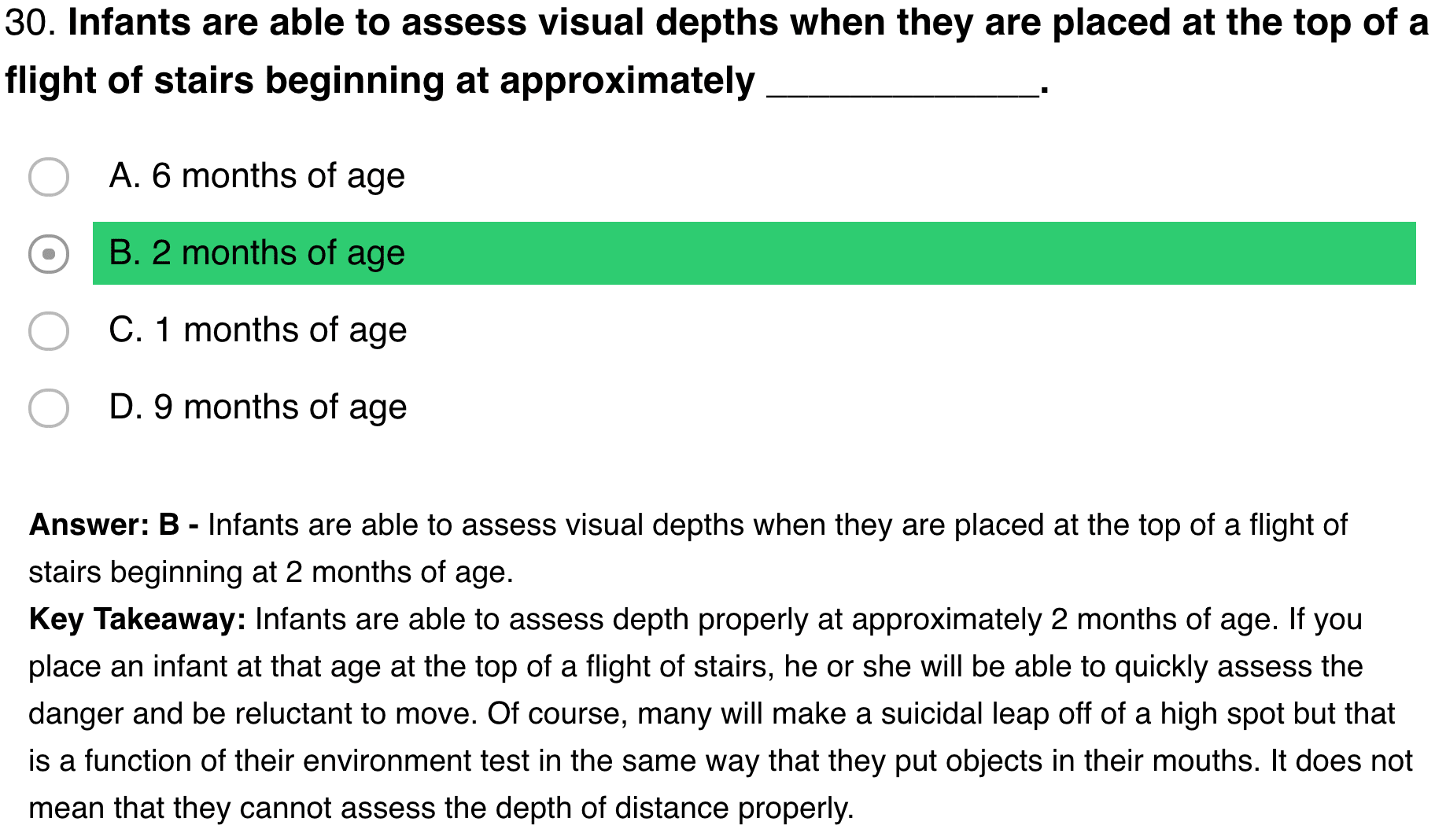
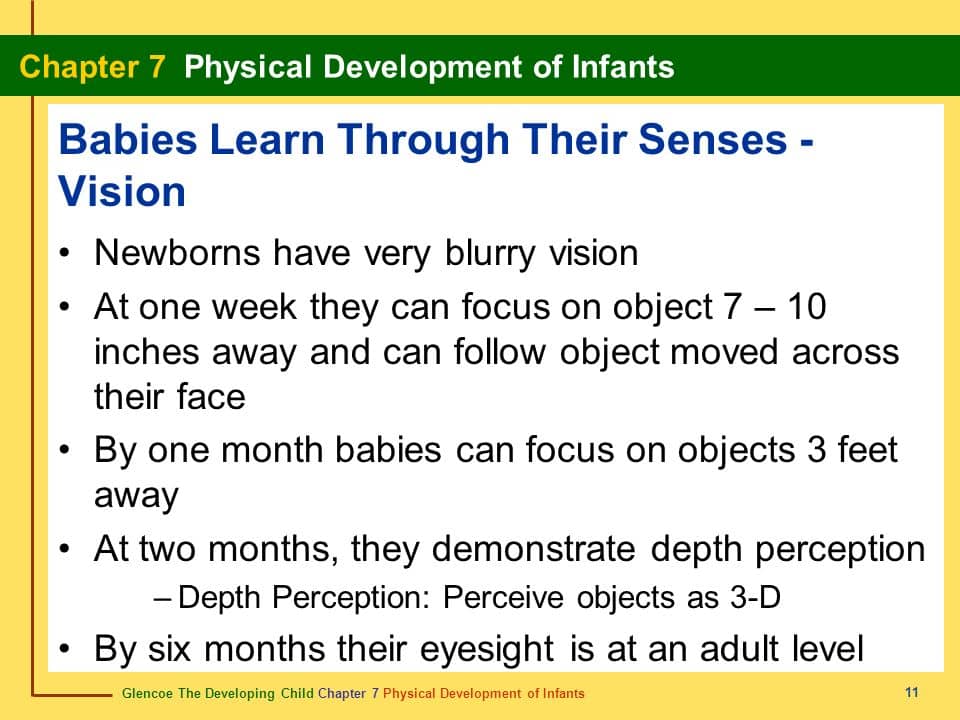
Question 32
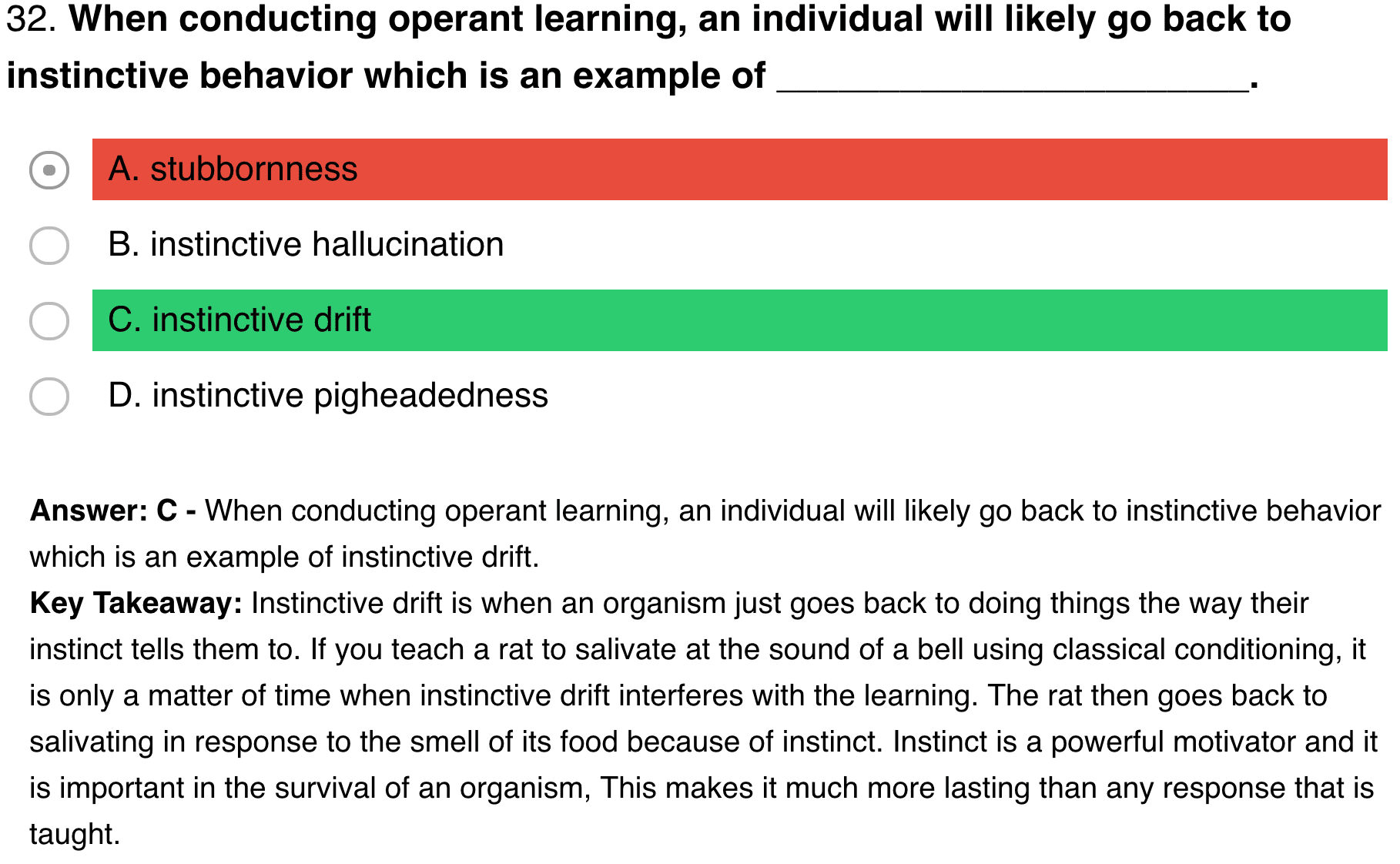
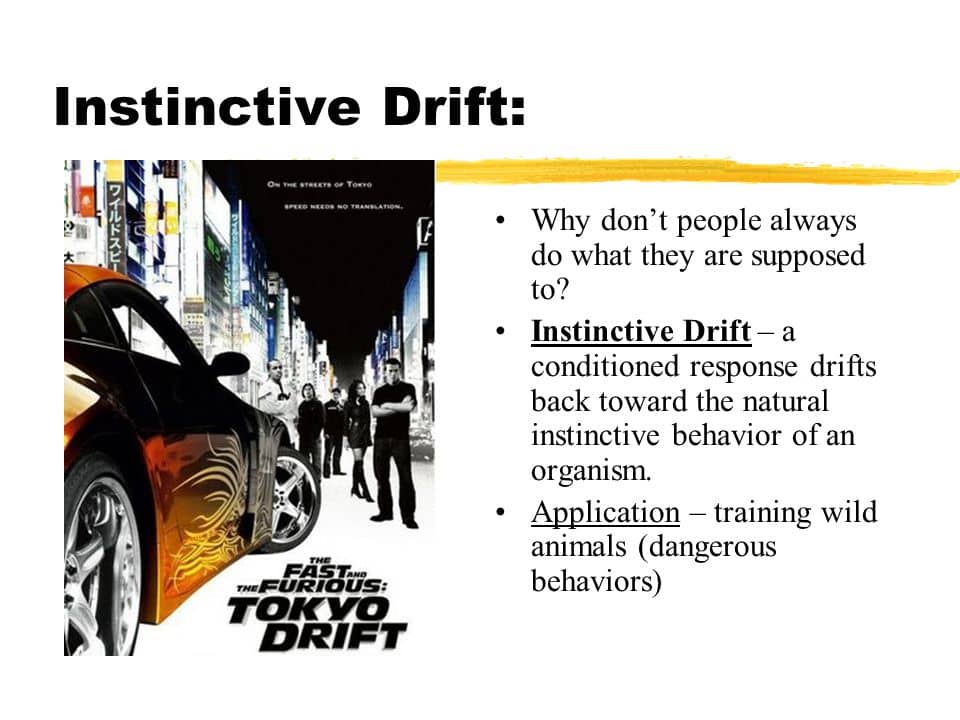
Question 37
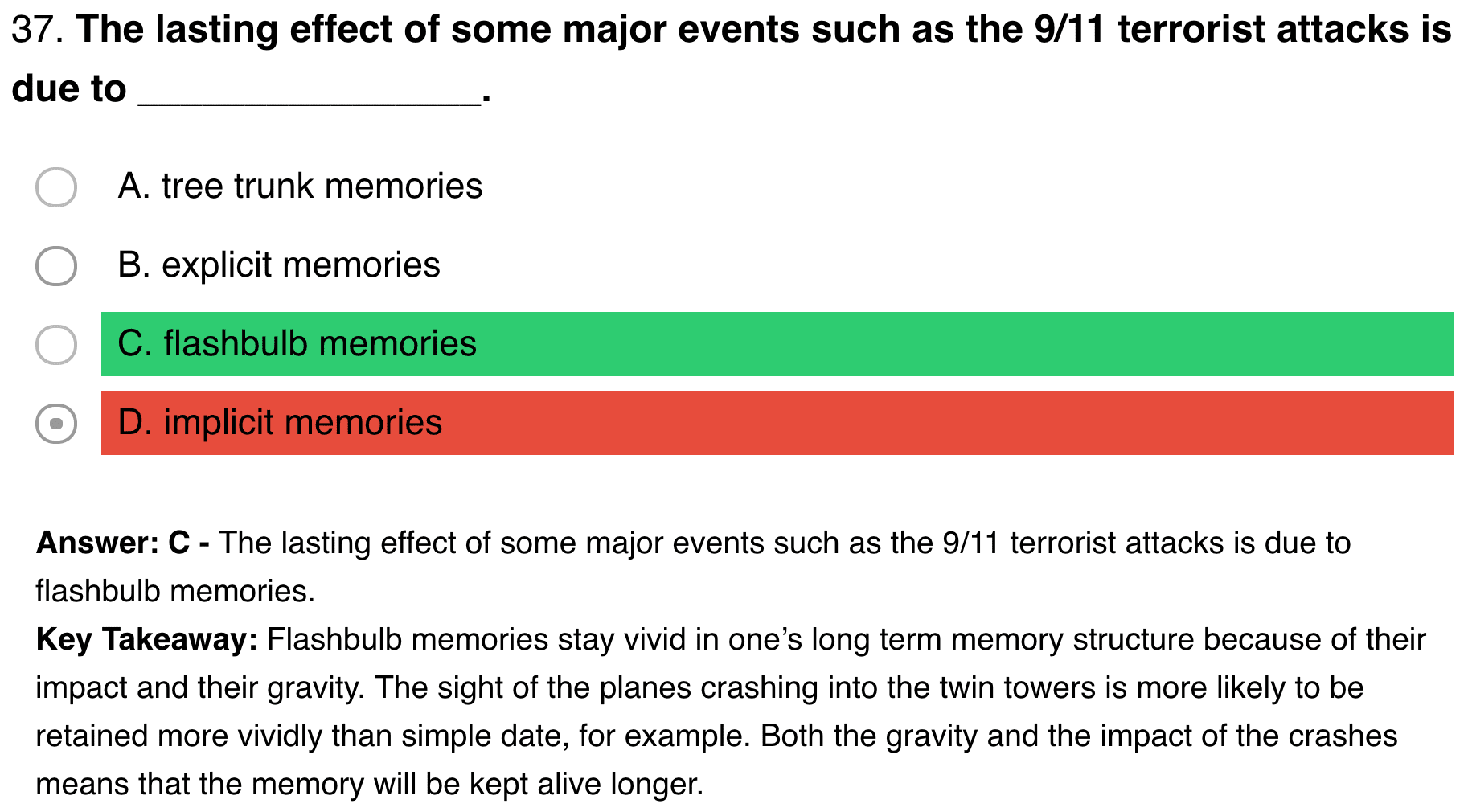
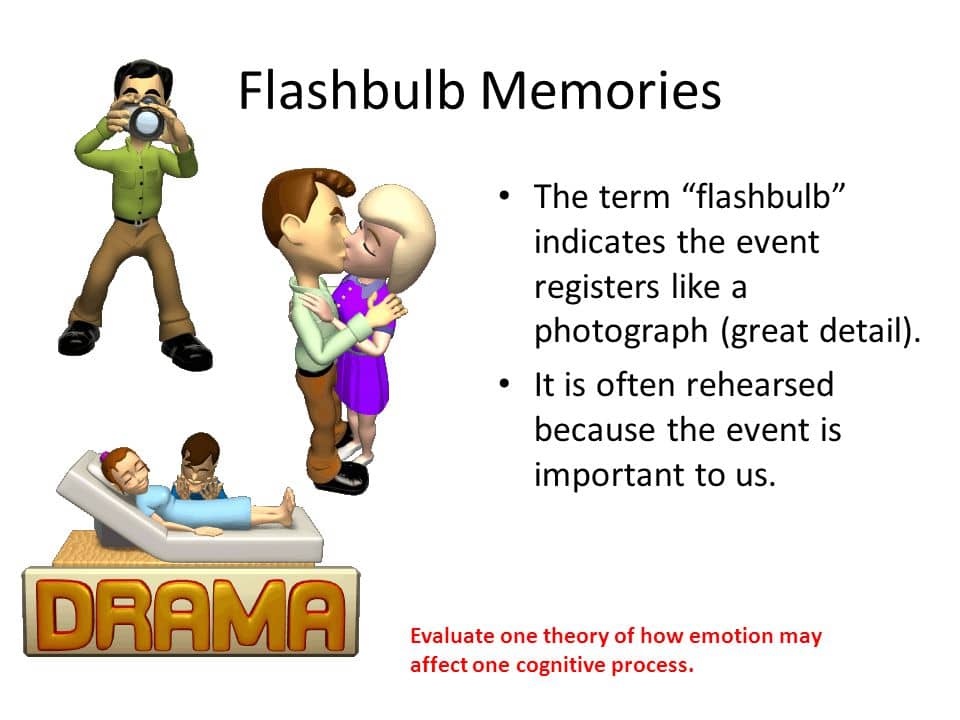
Question 40
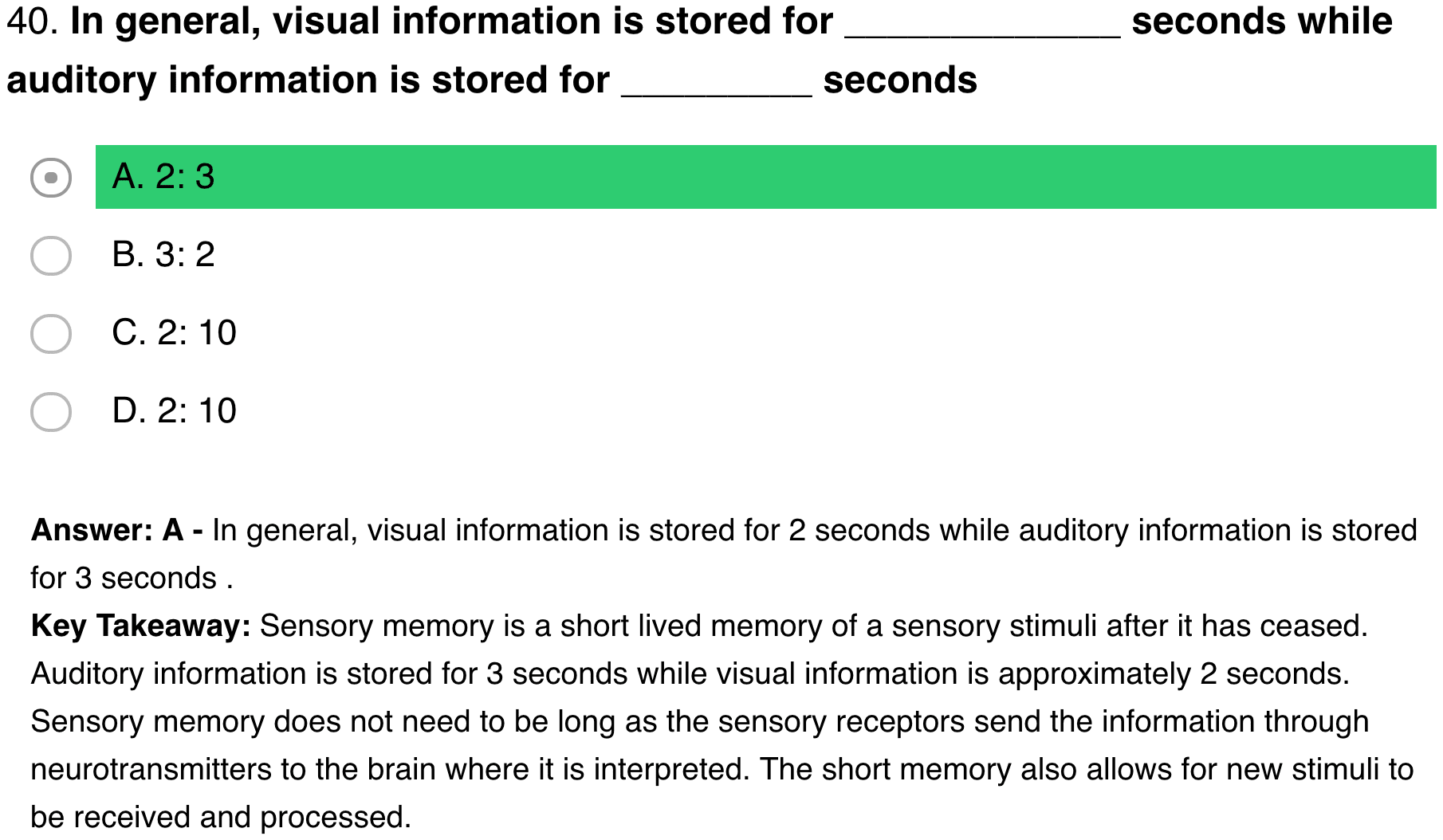
Question 41
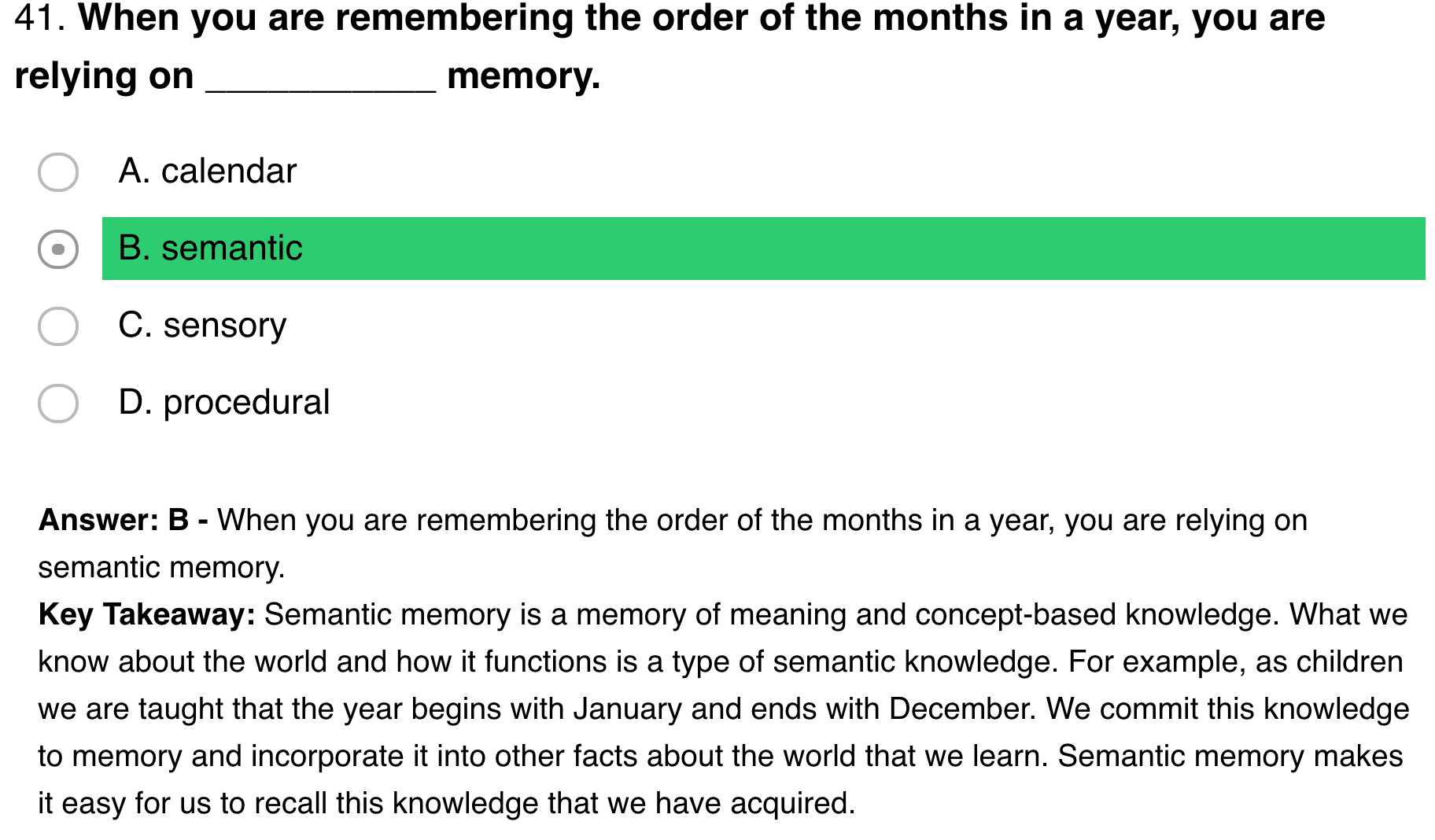
- Semantic memory refers to general world knowledge that we have accumulated throughout our lives.
Question 42
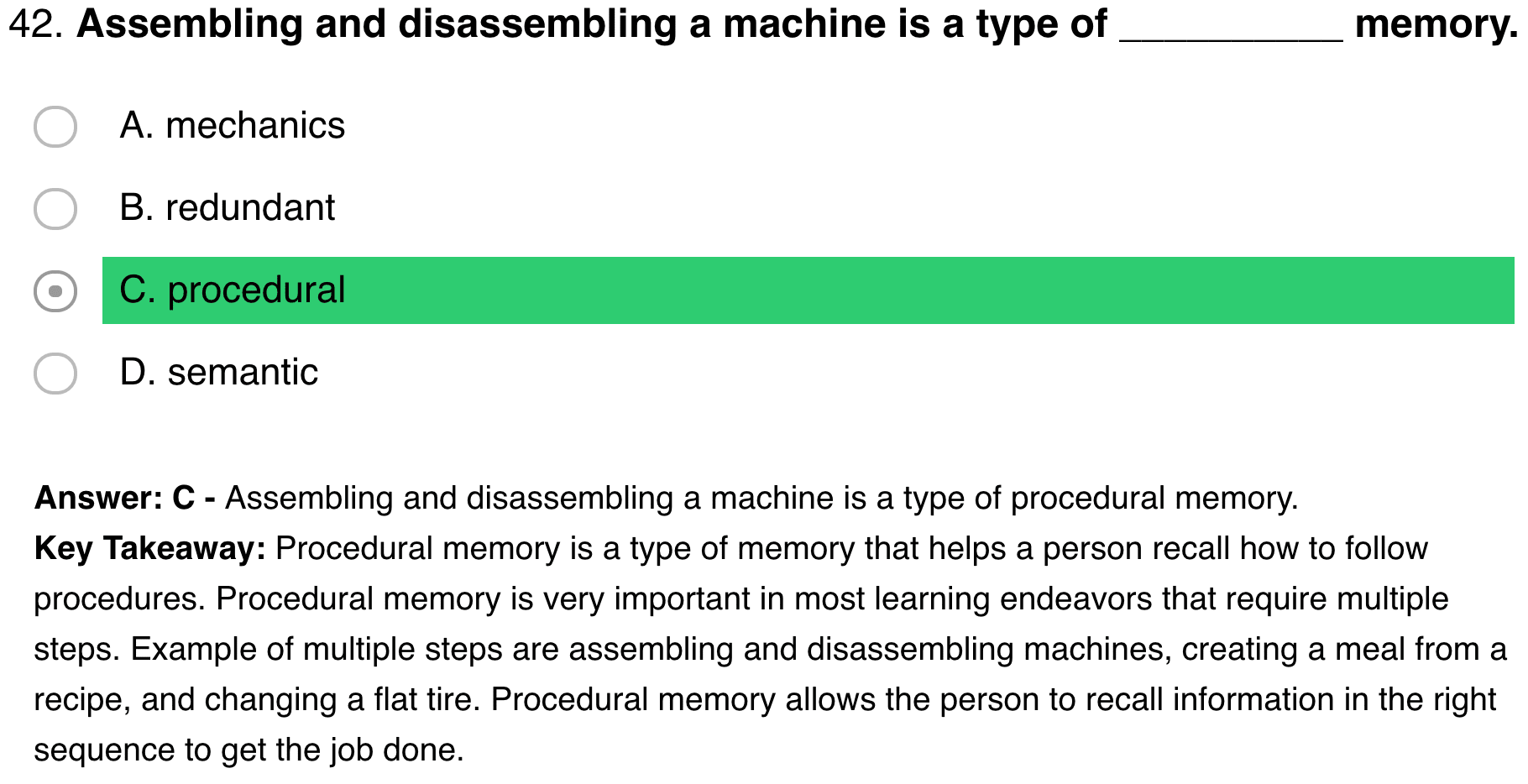
Question 46
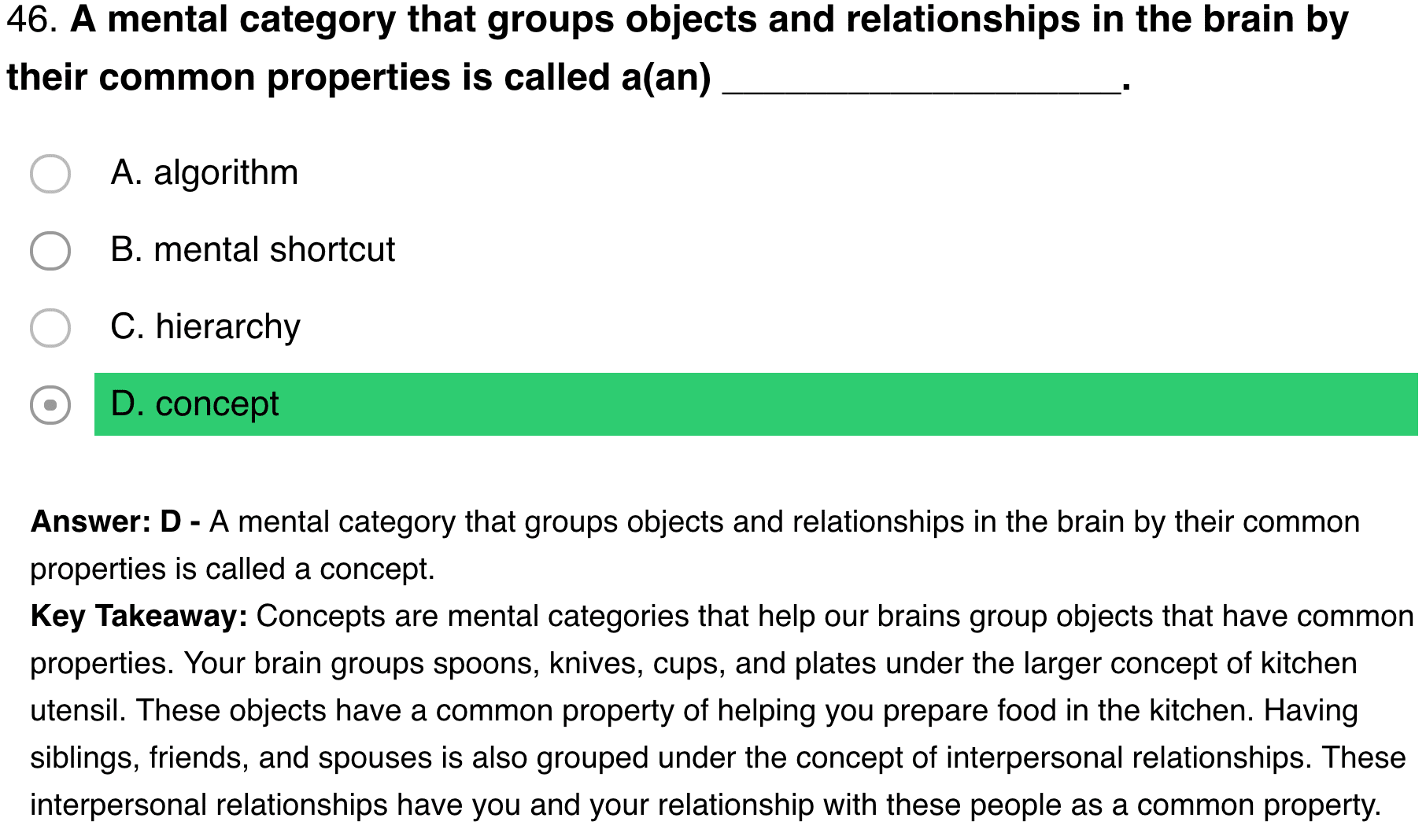
Question 47
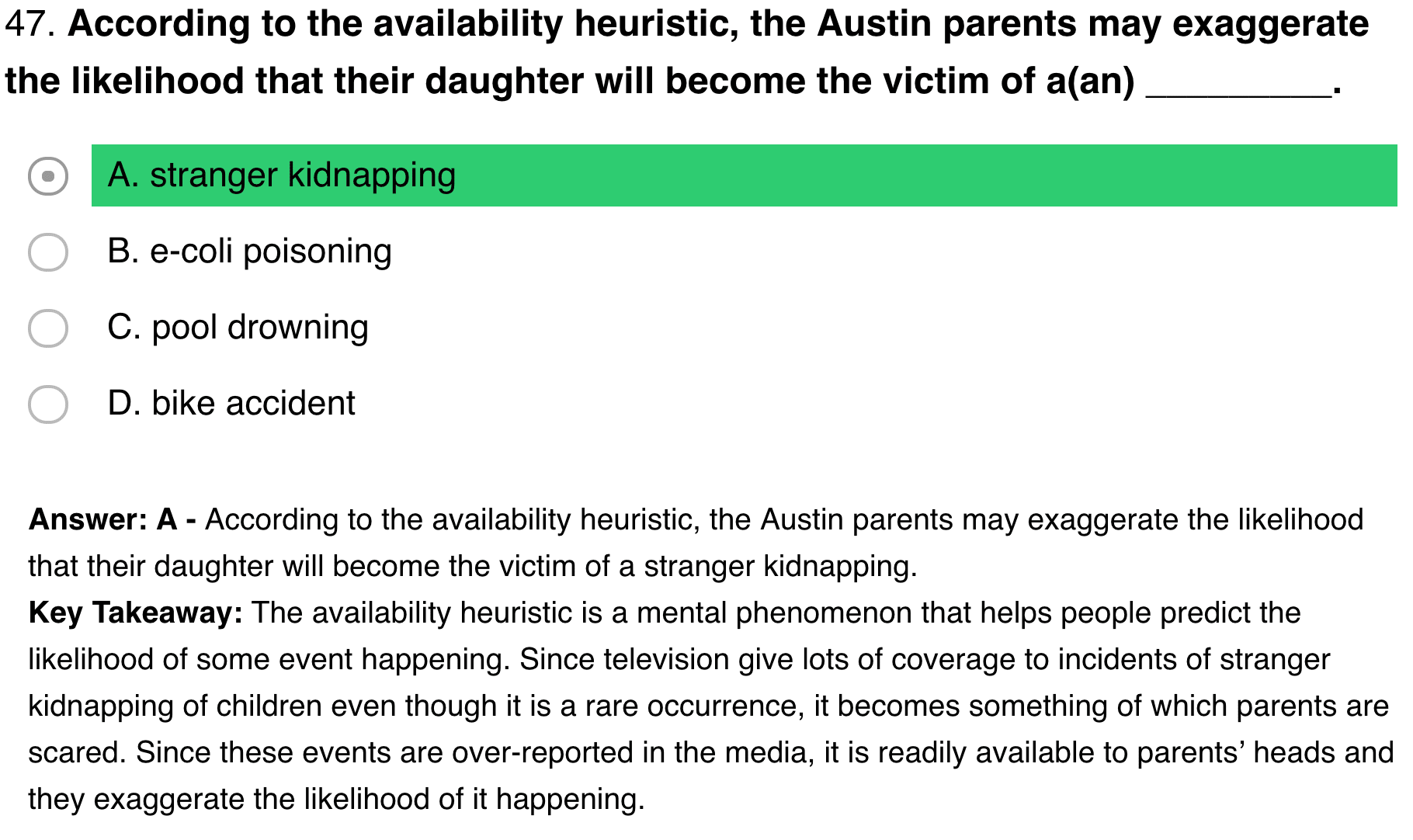
Question 49
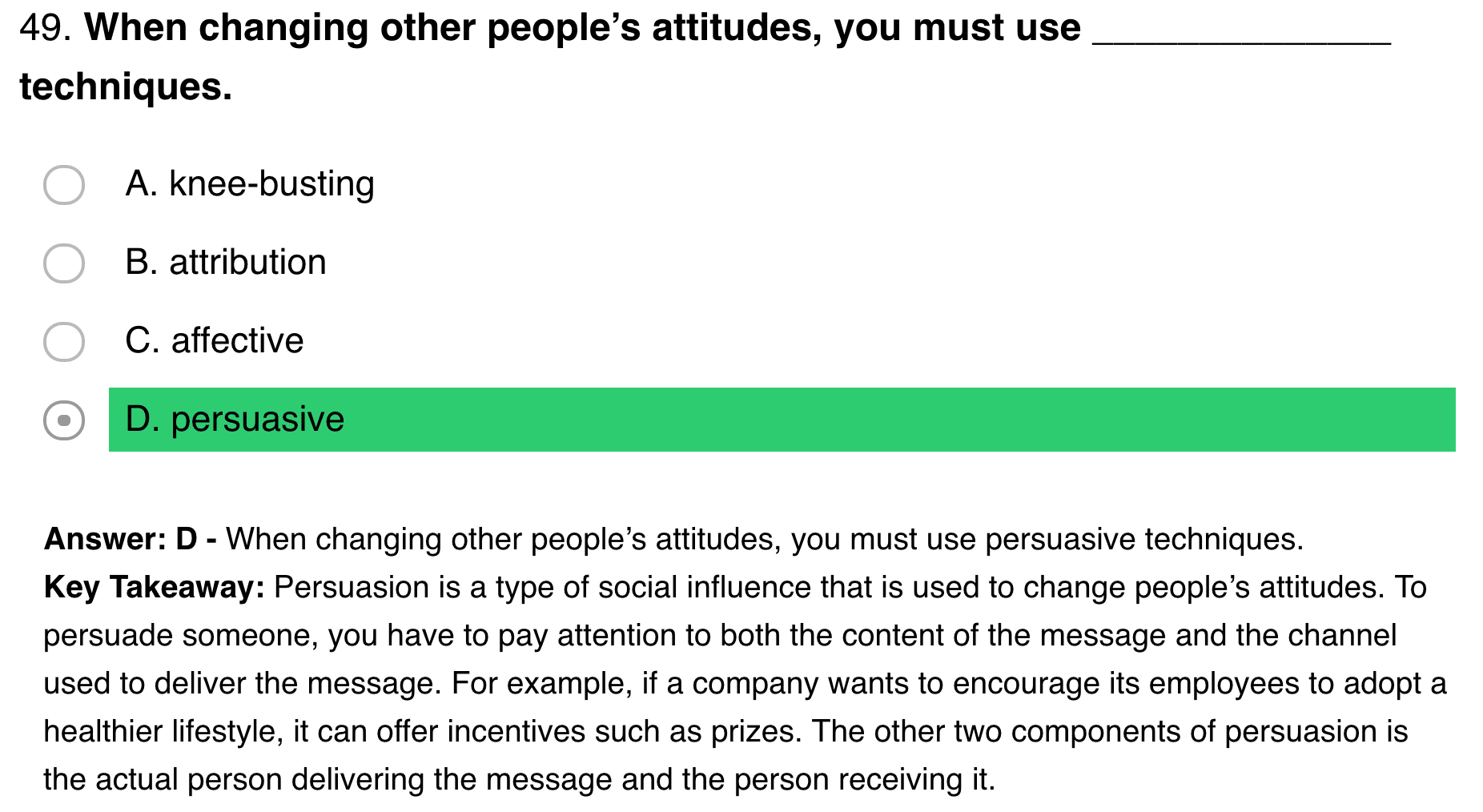
Question 51
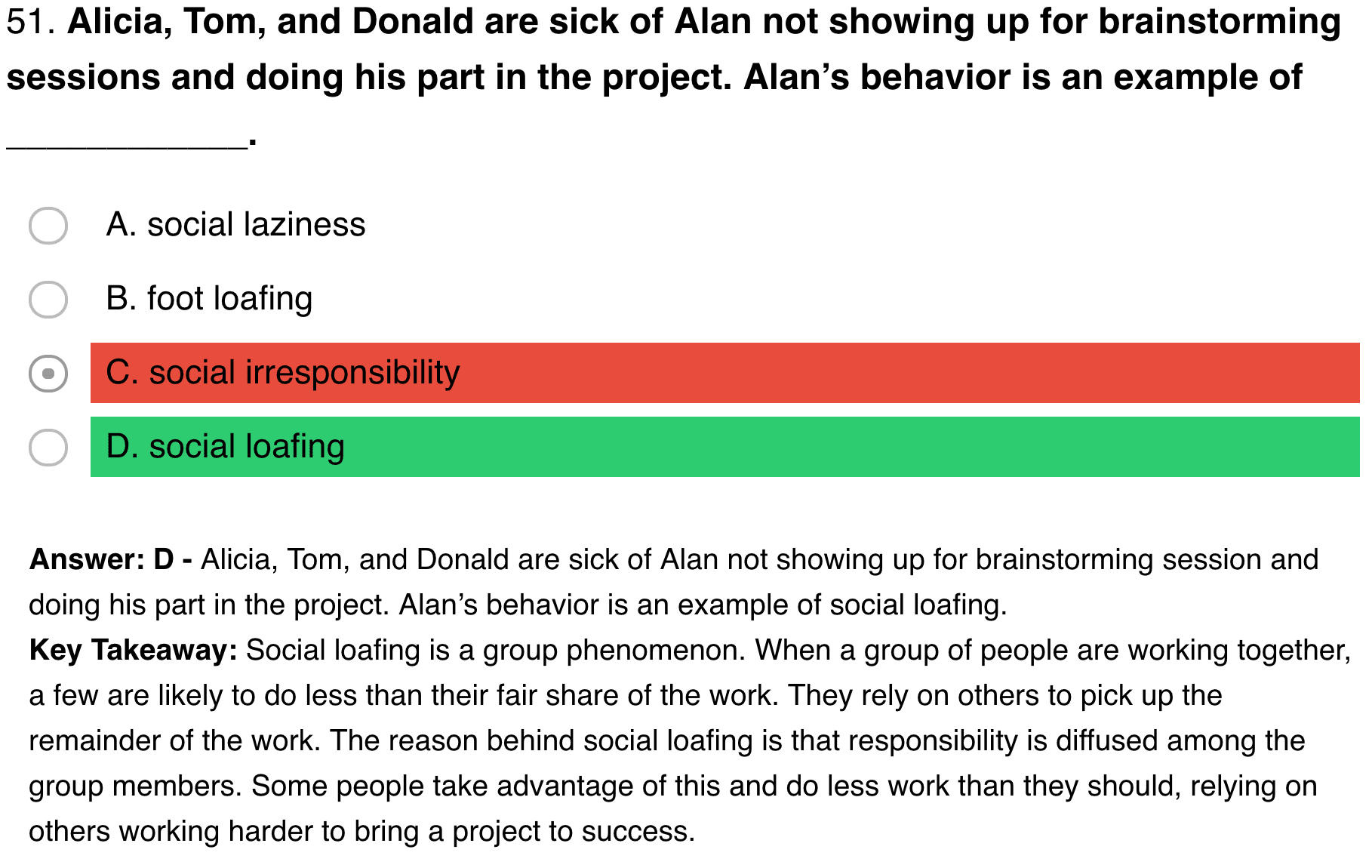
Question 52
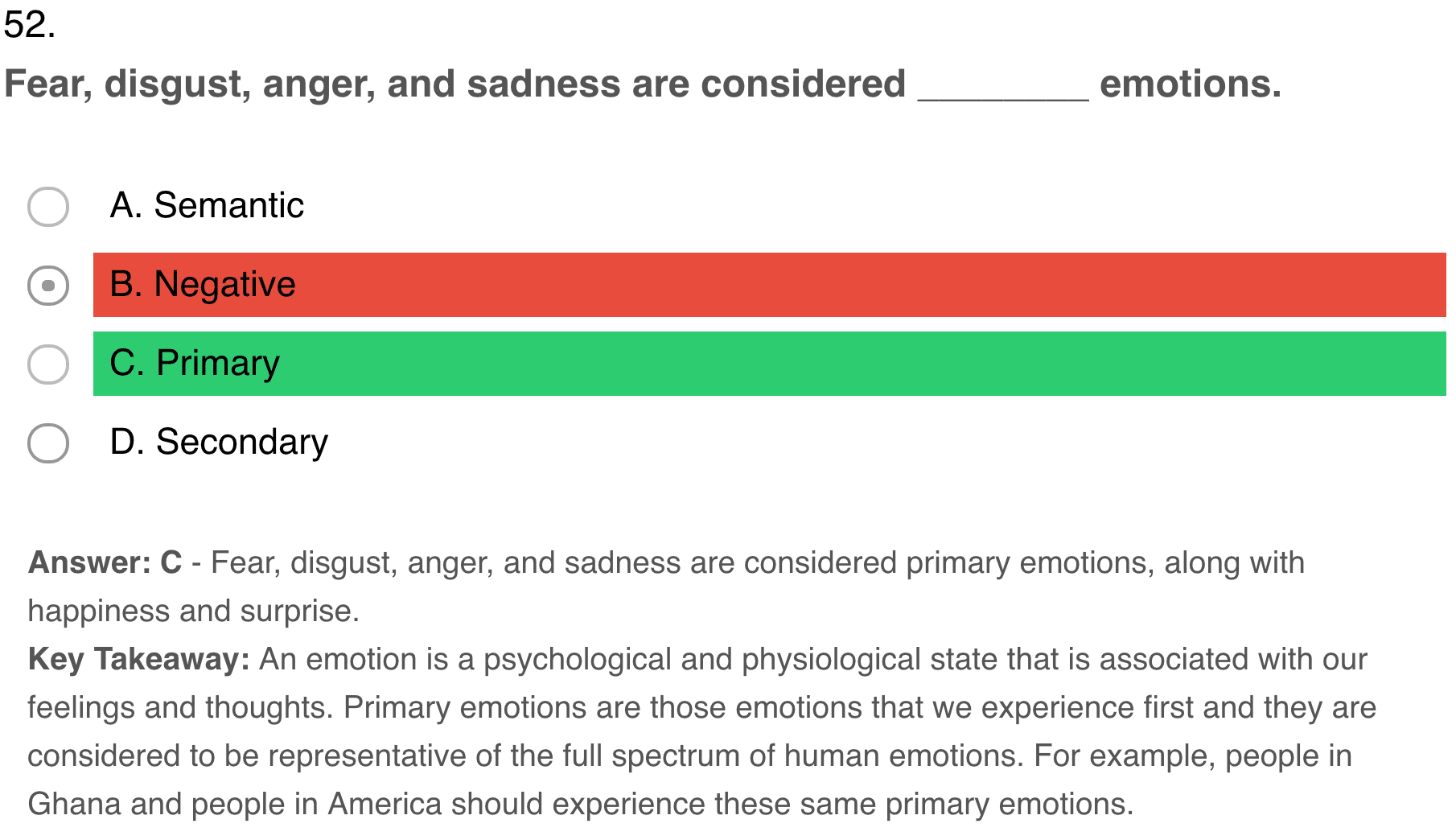

Question 53
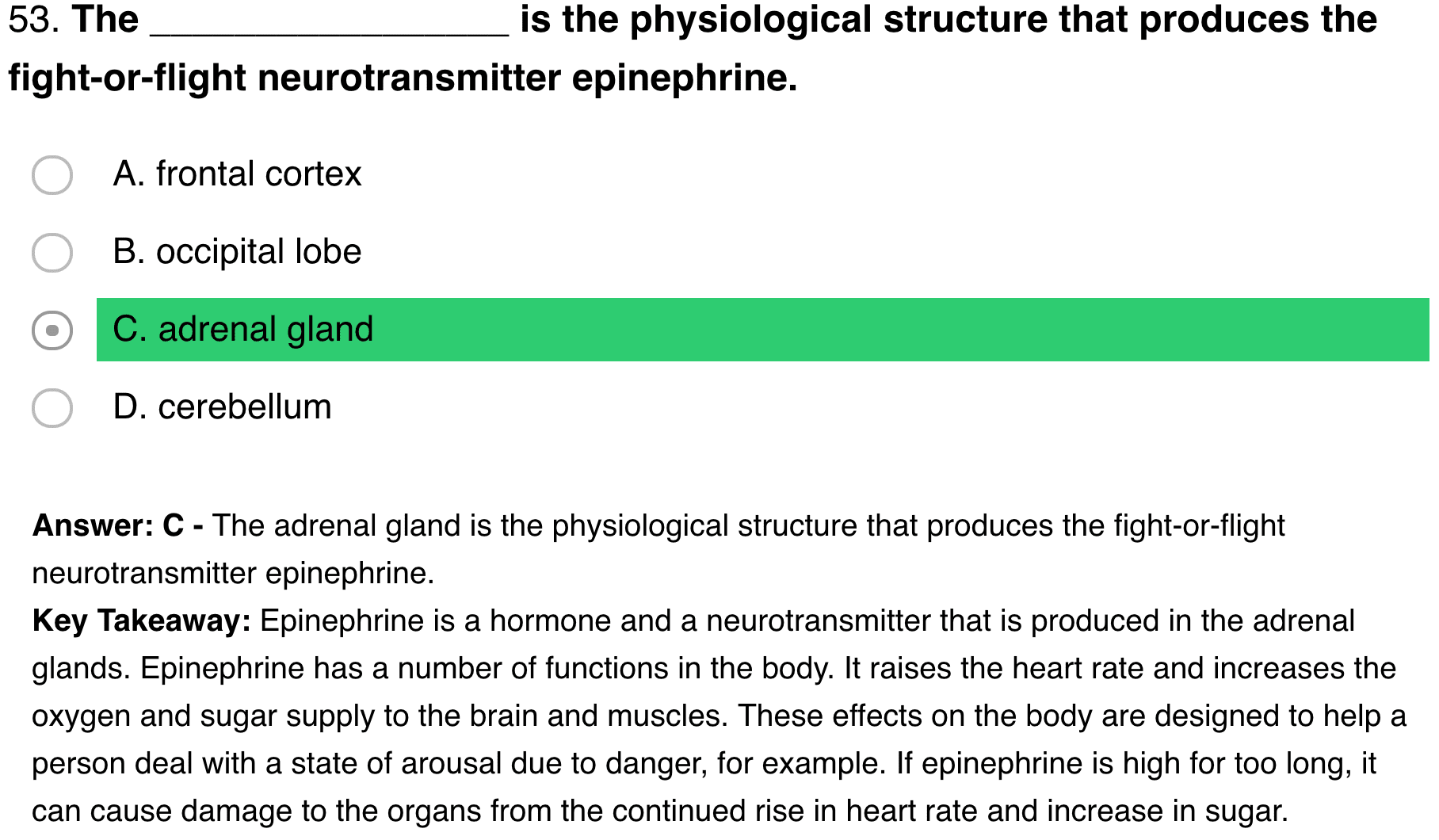
Question 54
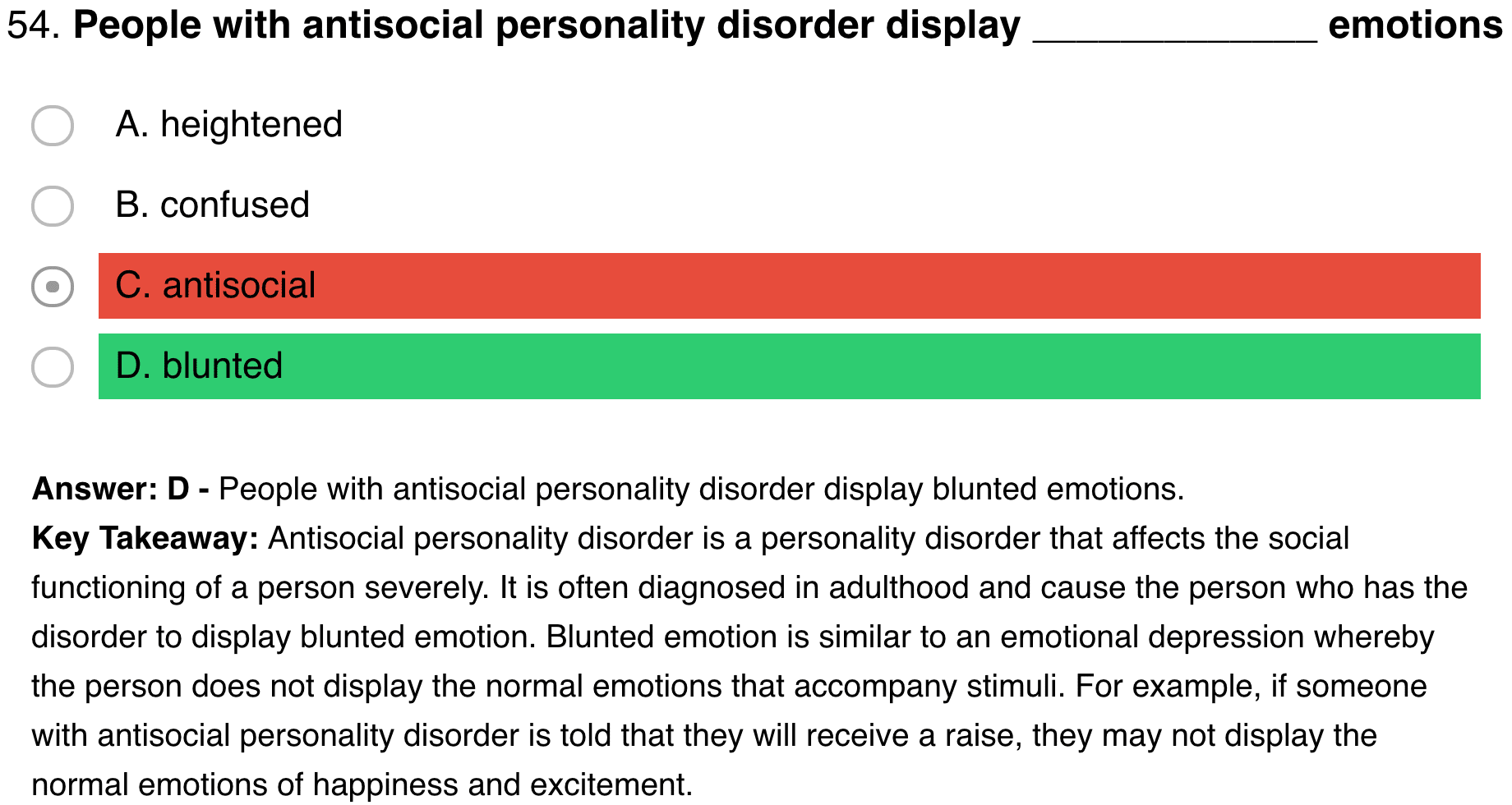

Question 56
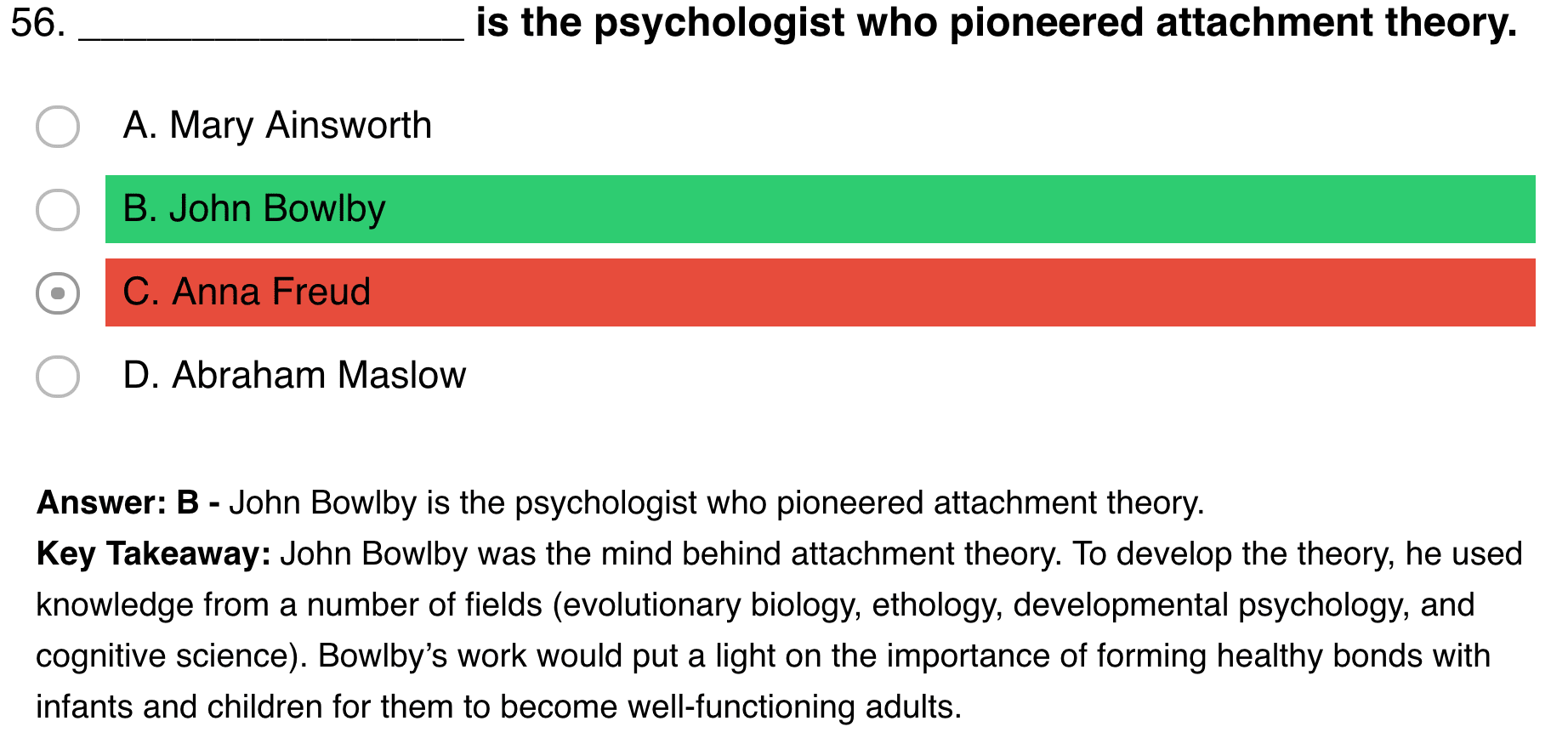
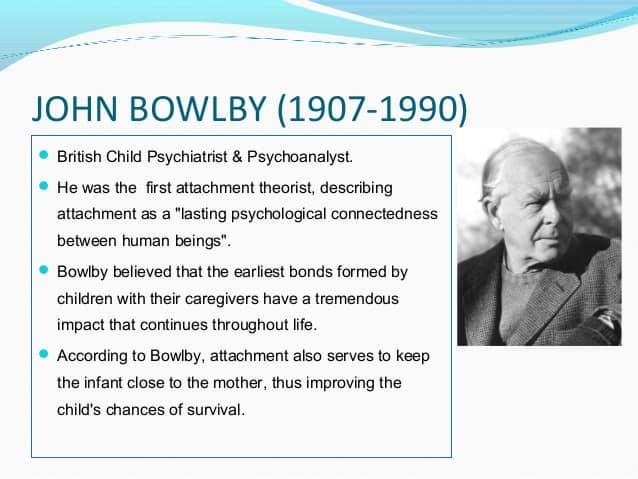
Question 57
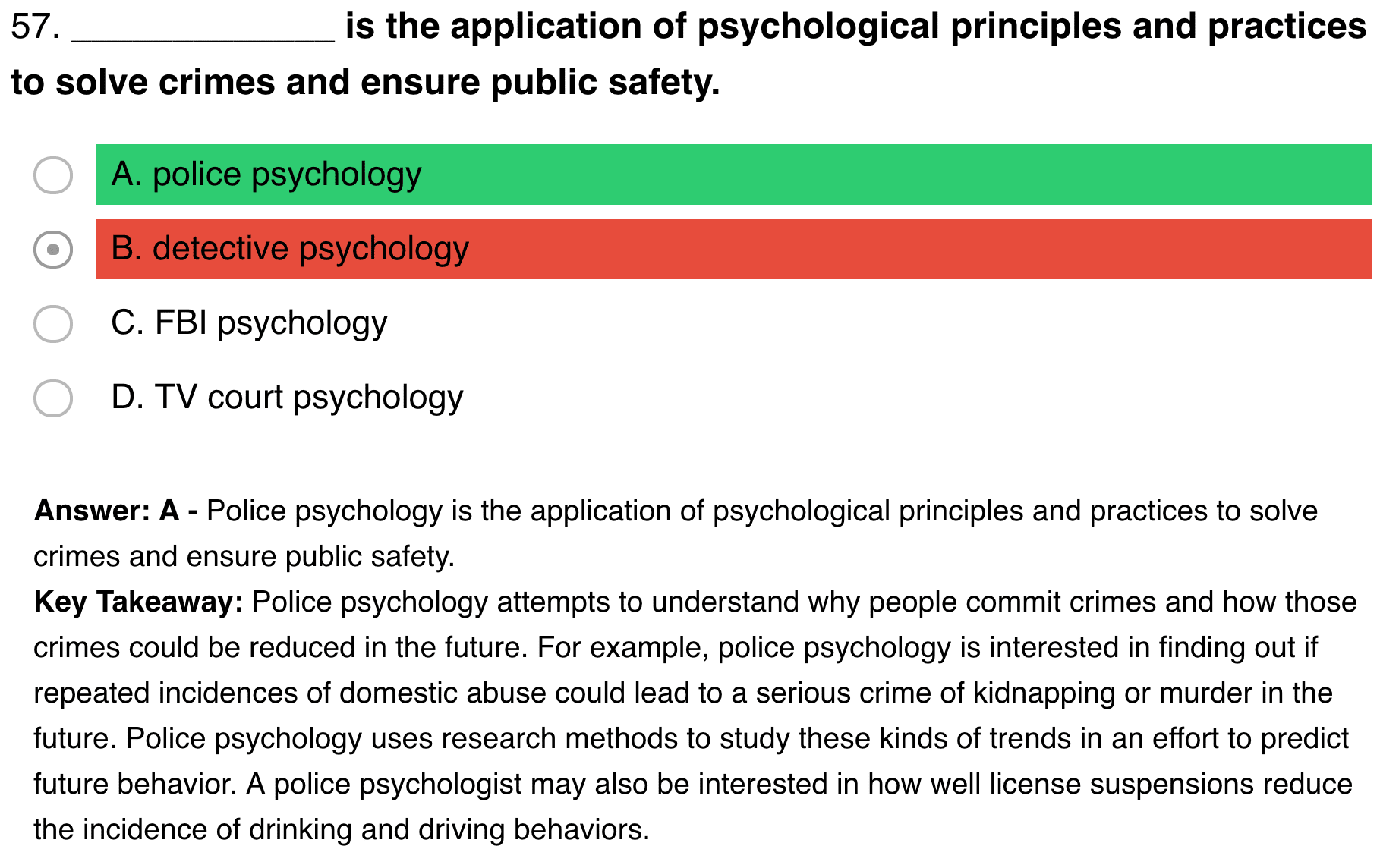
Question 60
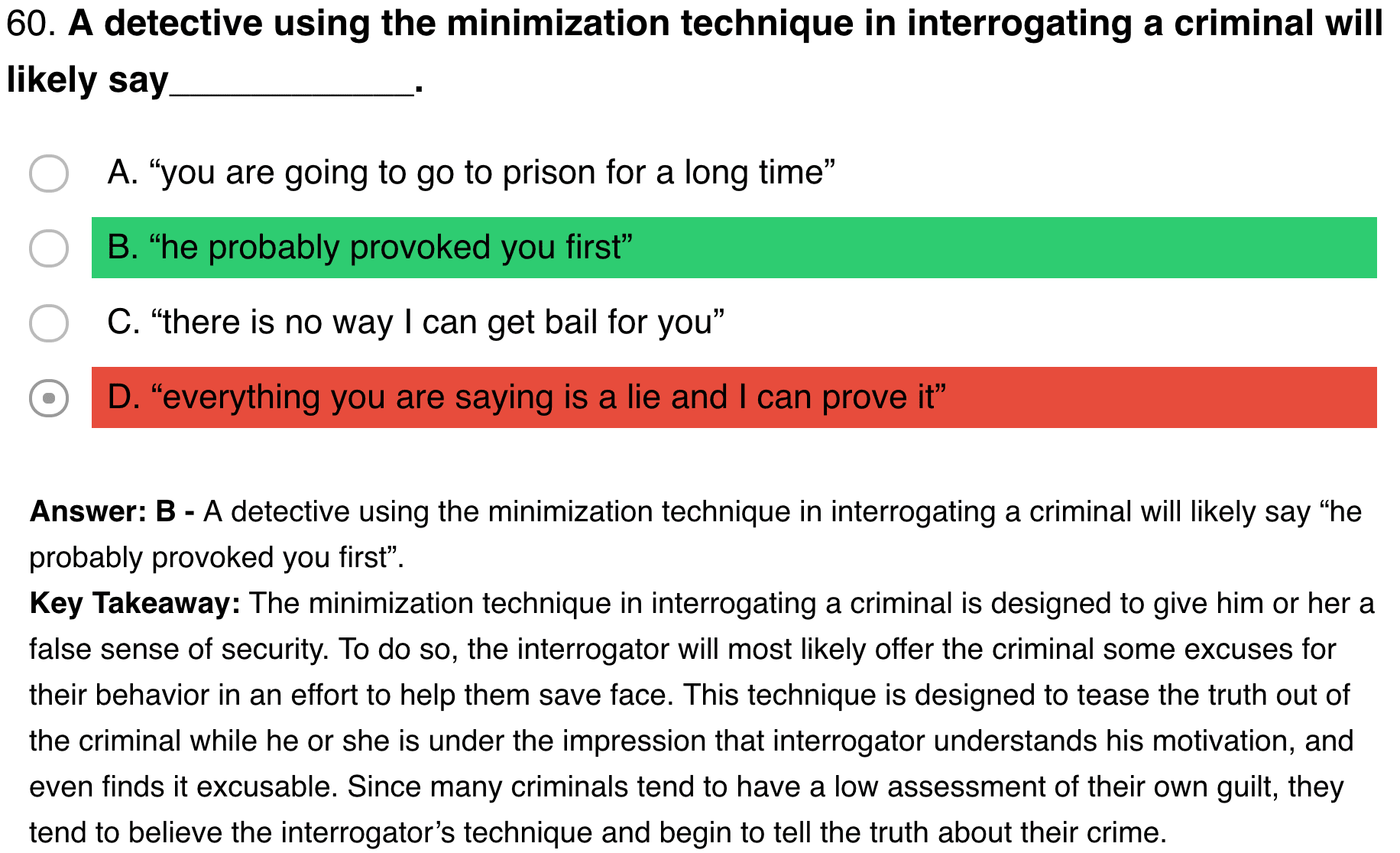
- The aim of minimisation is to minimise the imbalance between the number of patients in each treatment group over a number of factors.
Question 63
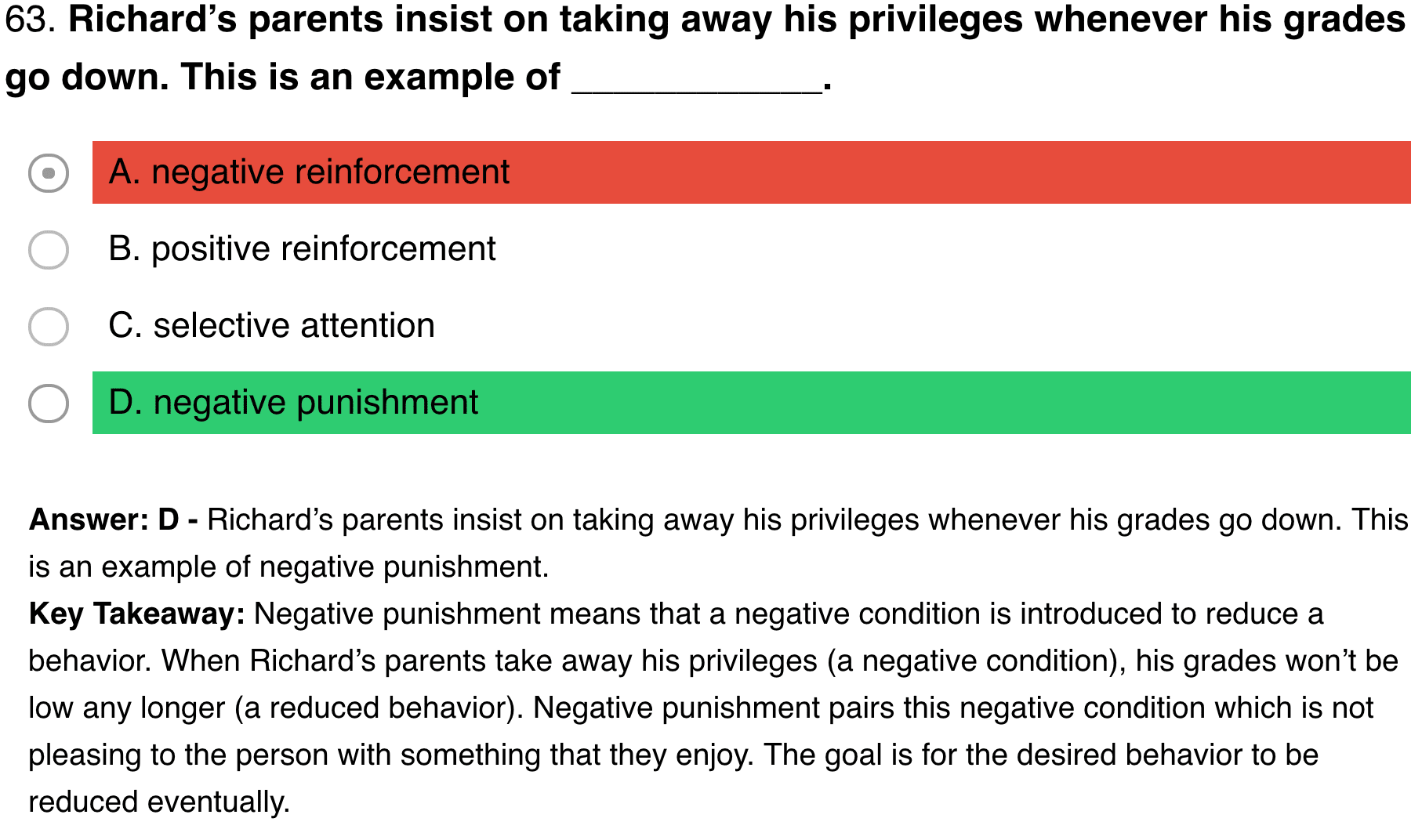
Question 65
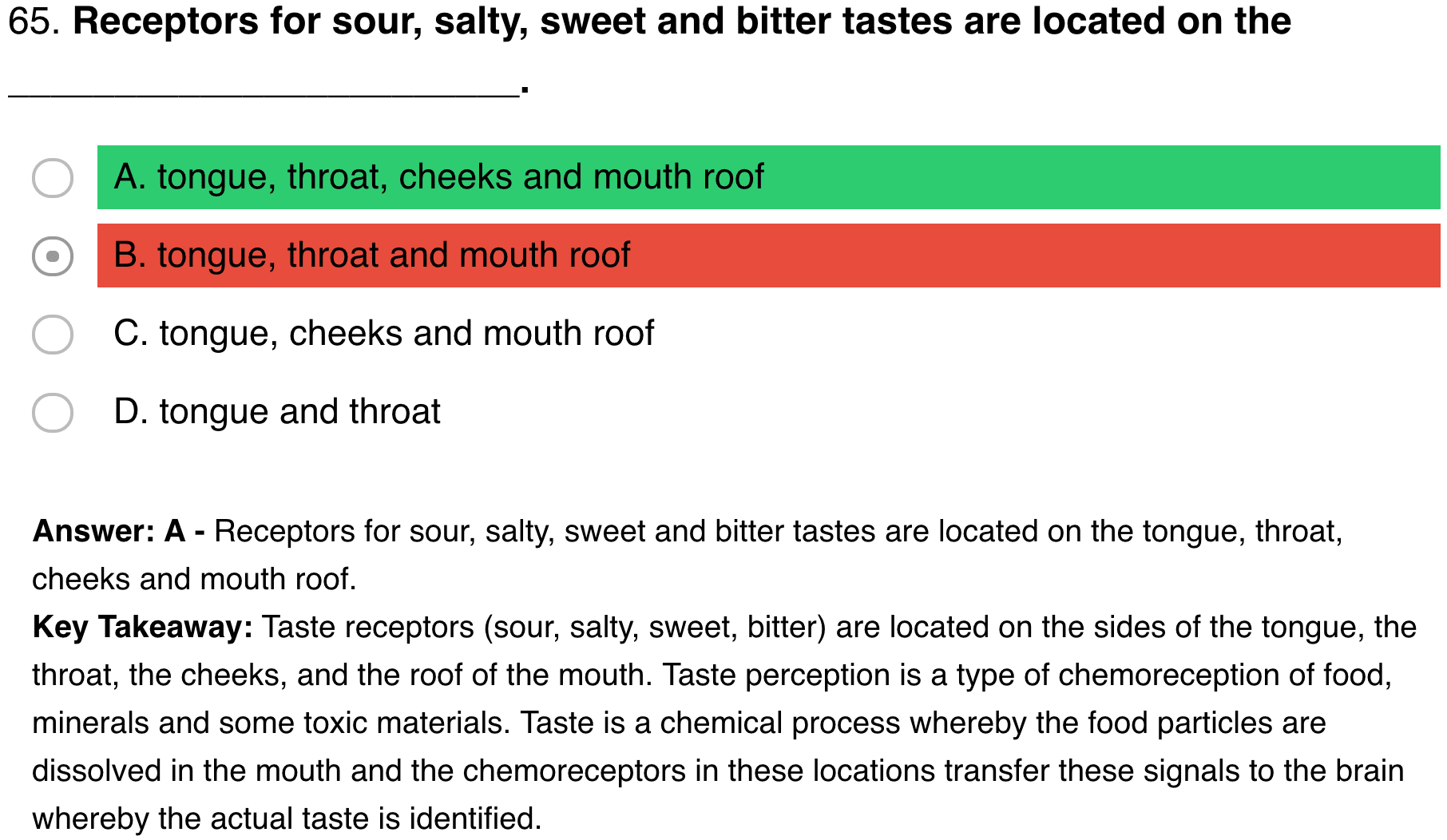
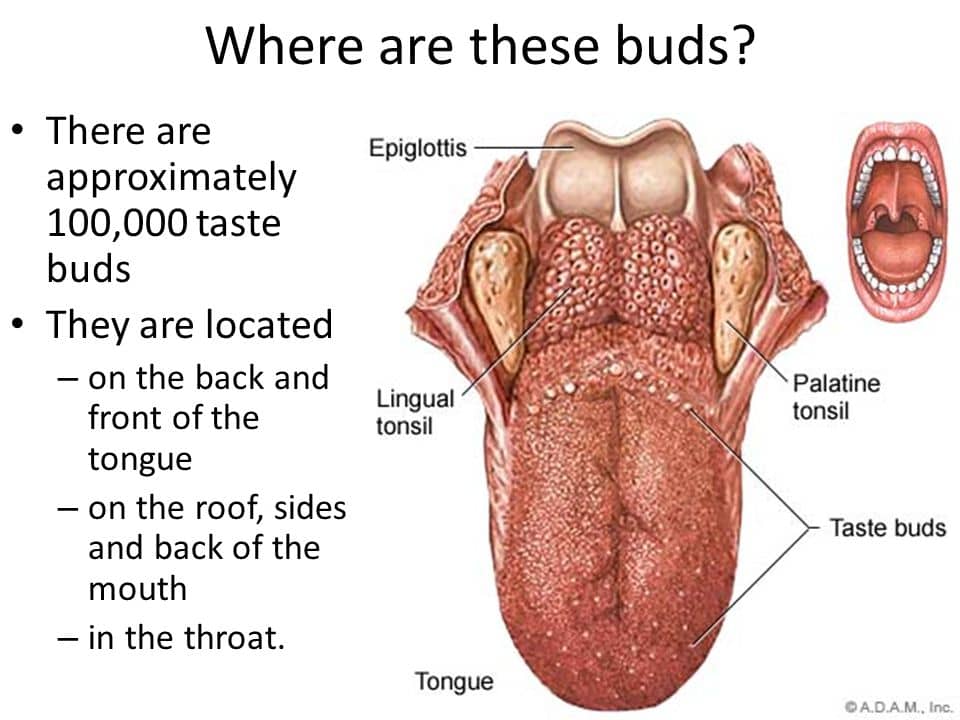
Question 66
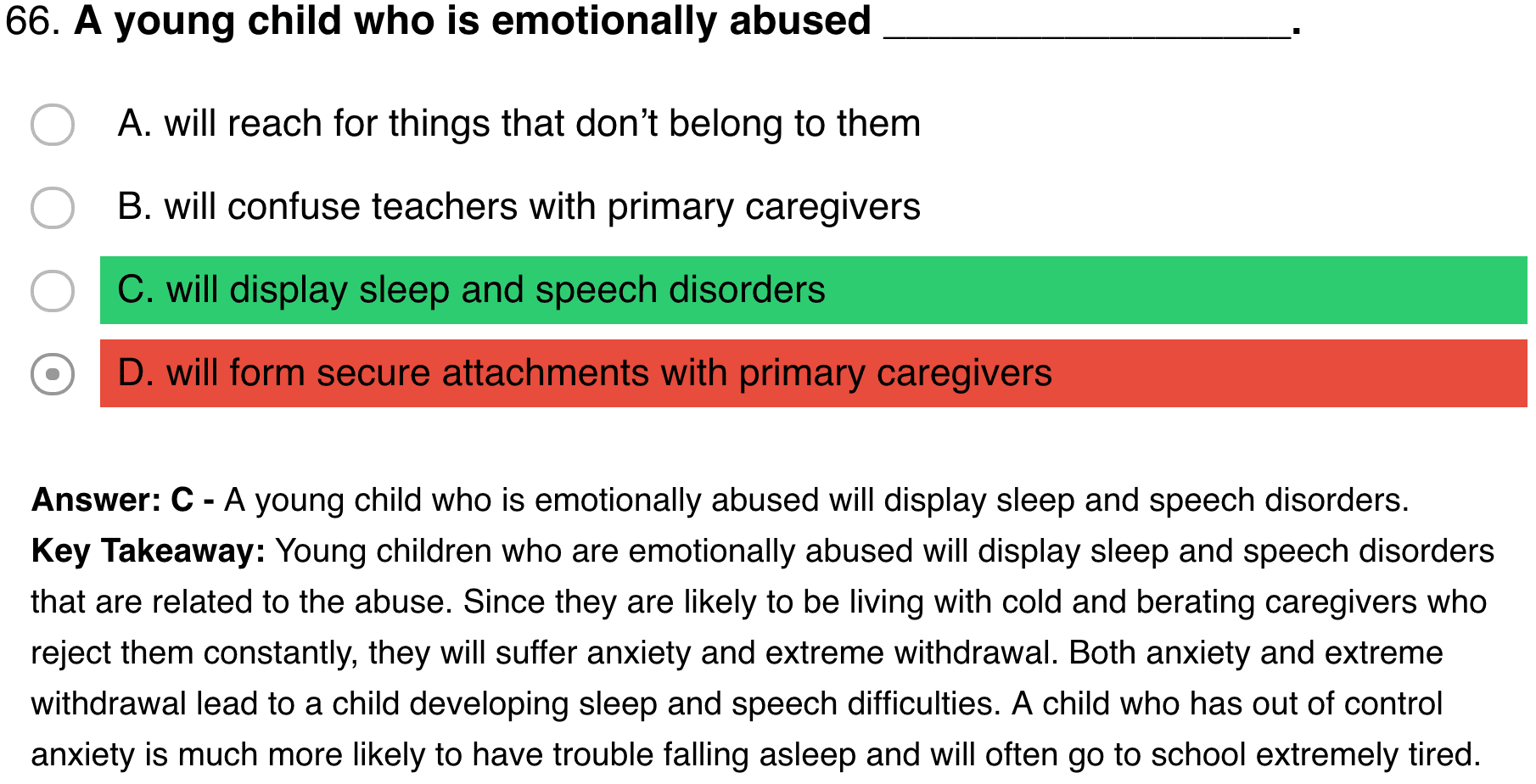
Question 70
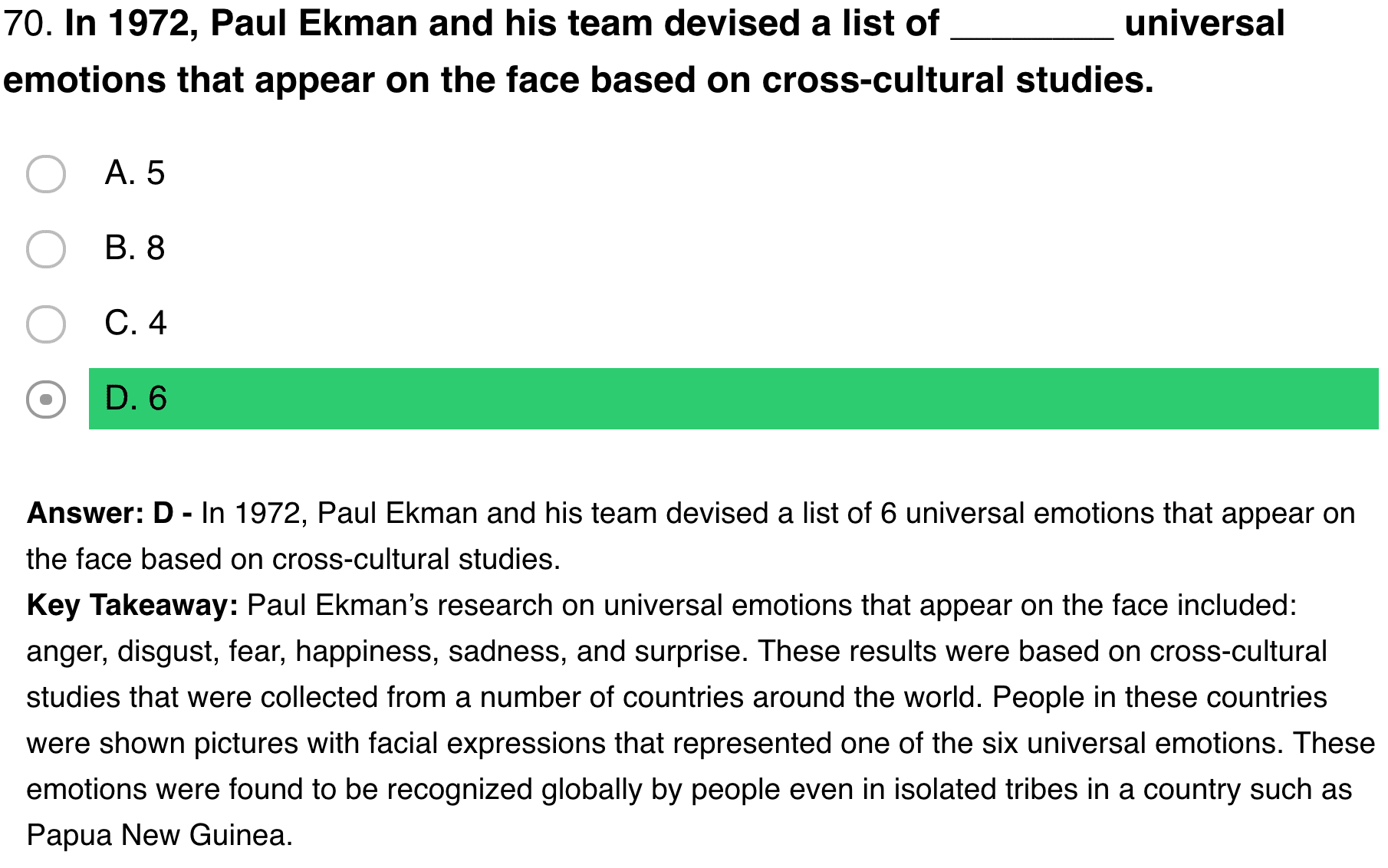
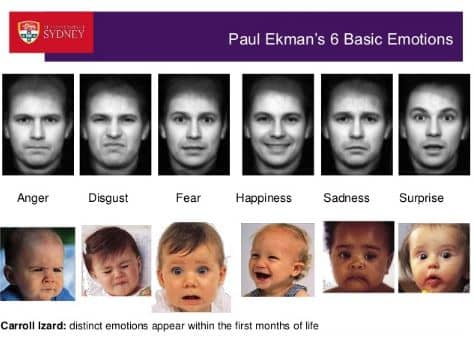
Question 72
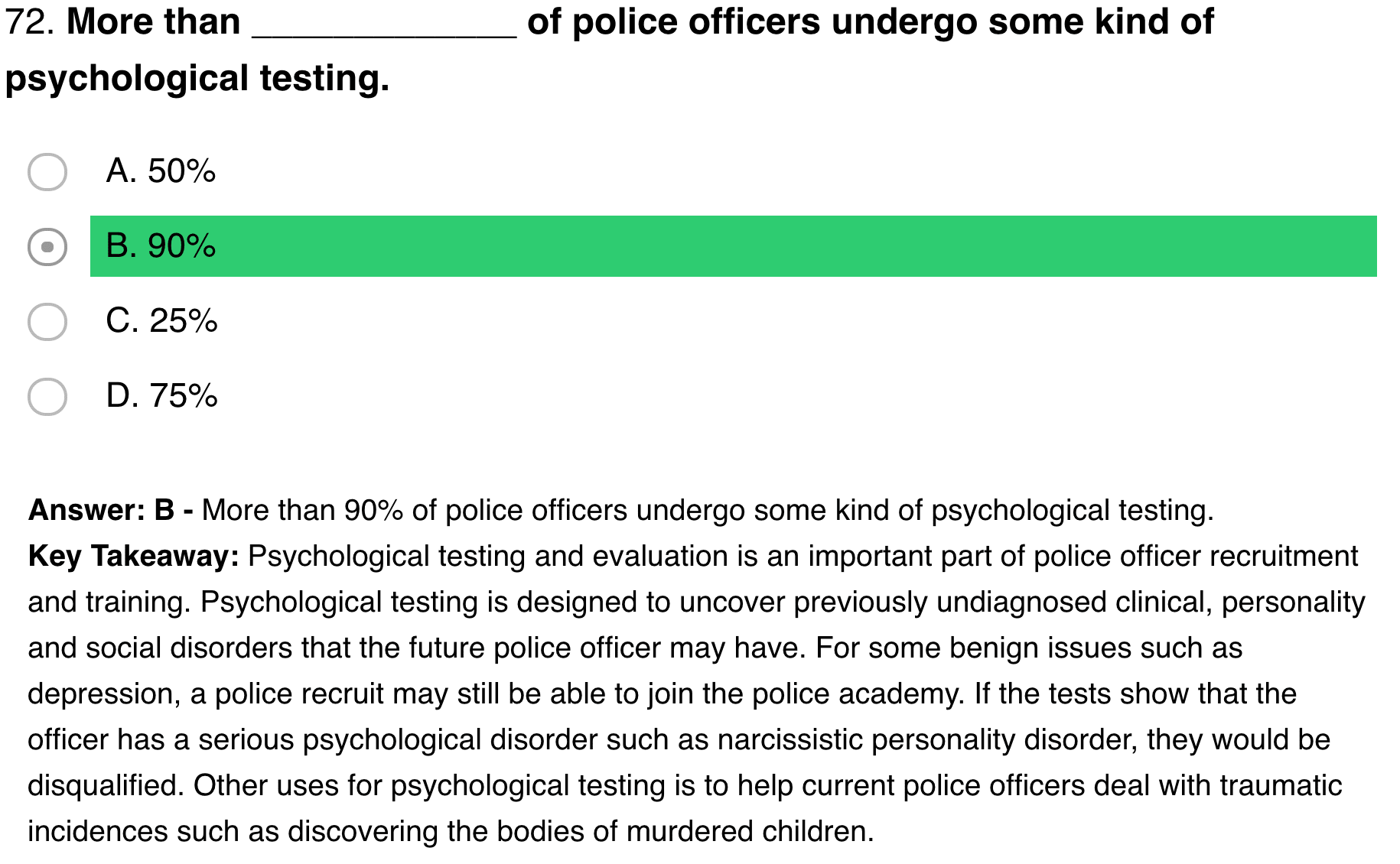
Question 73
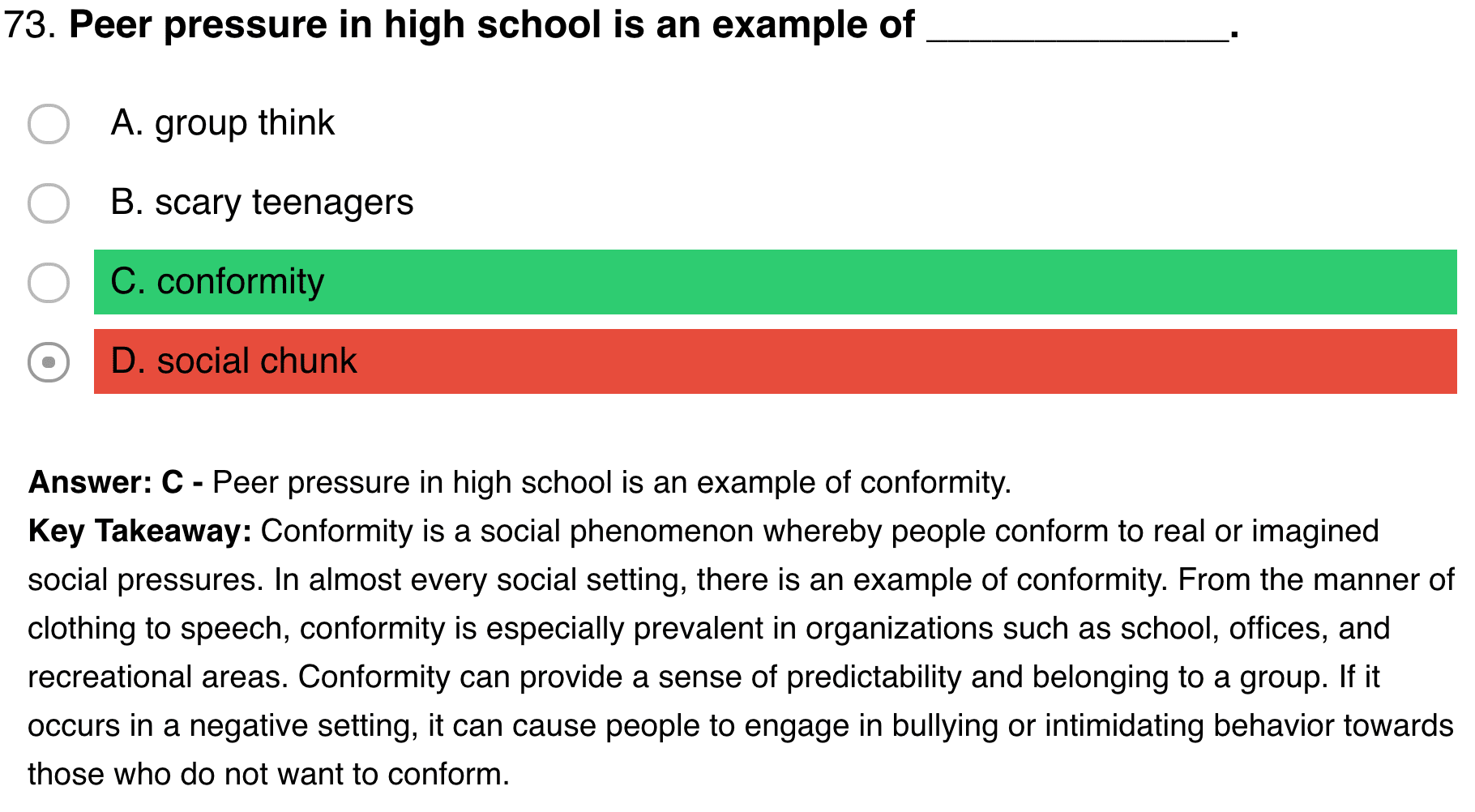
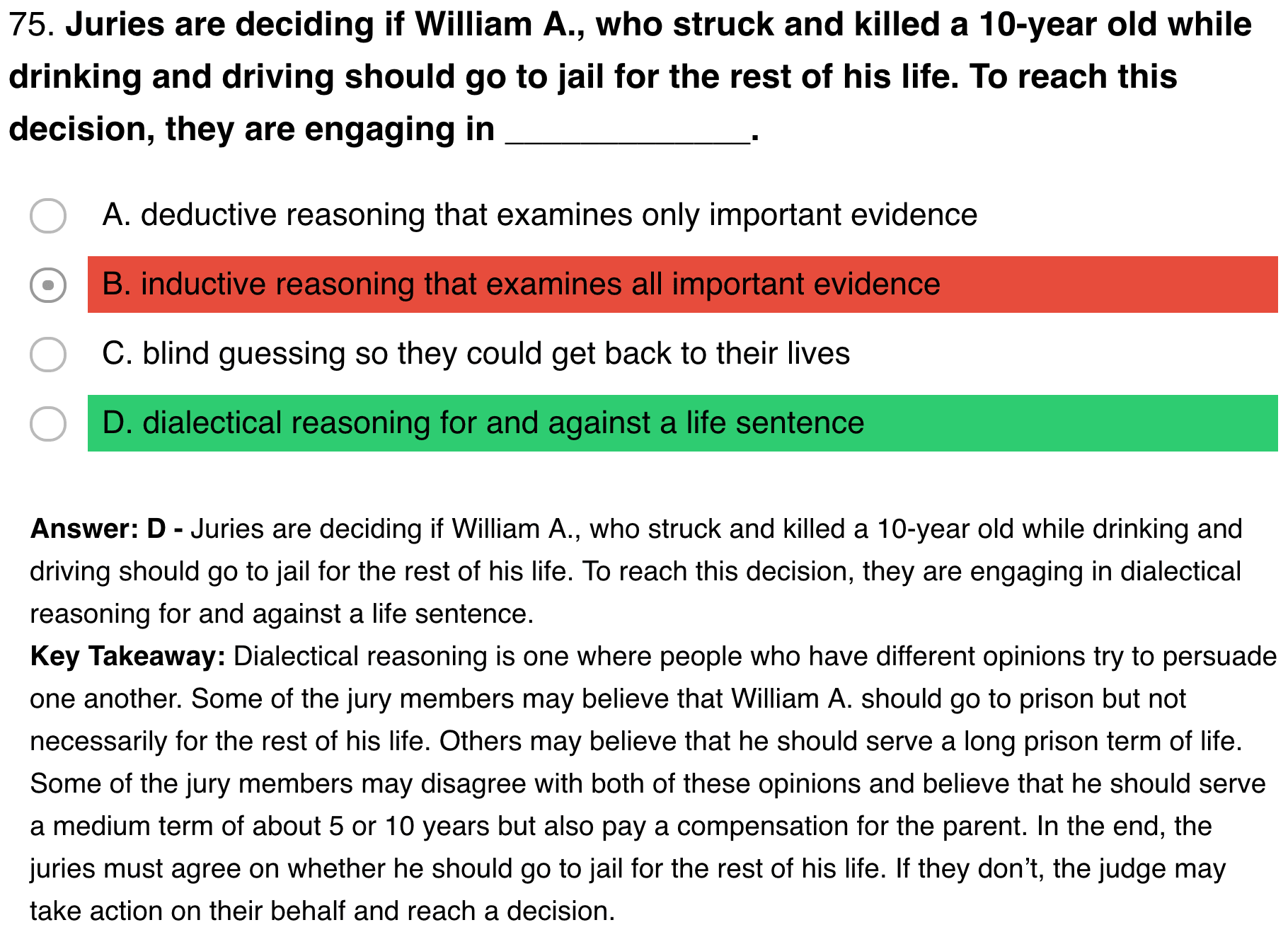
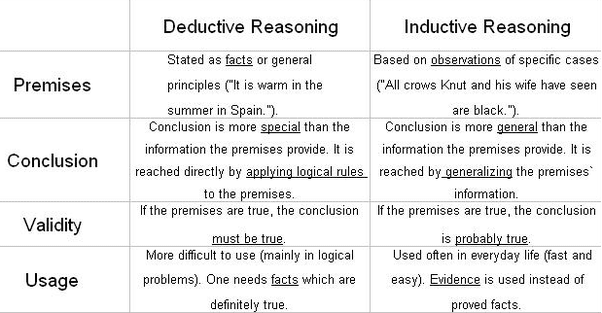
Question 76
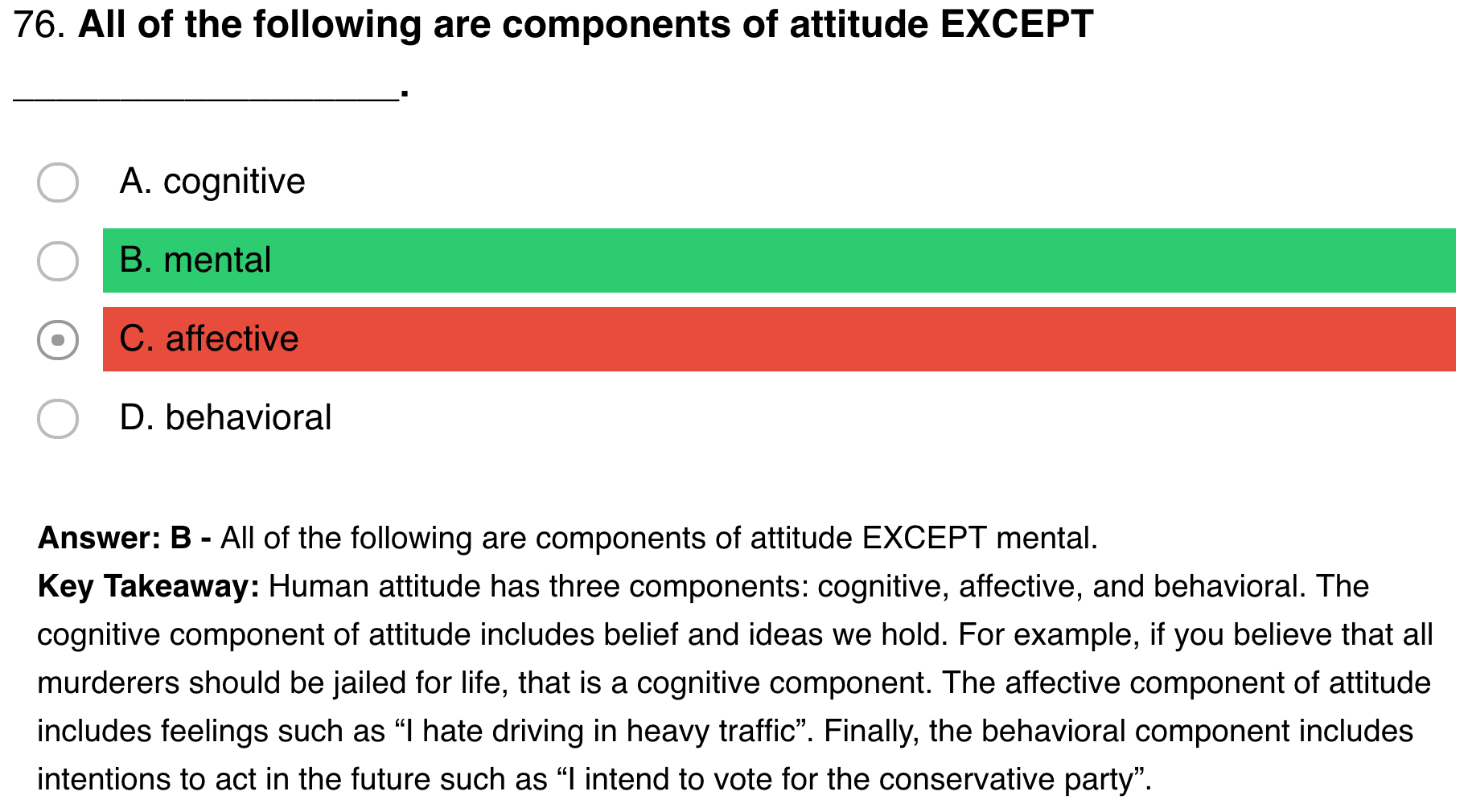
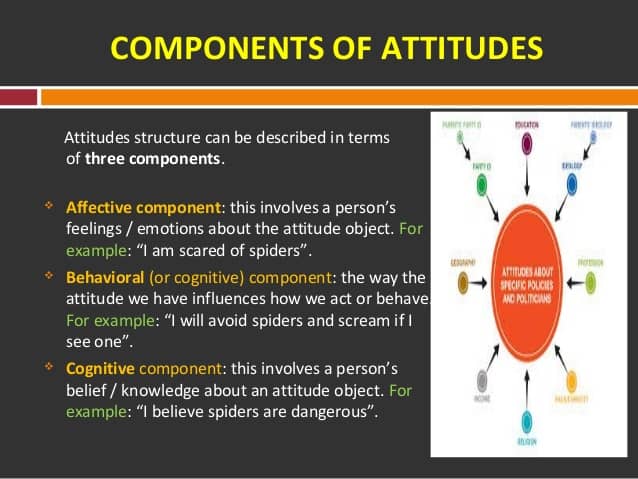

Question 77
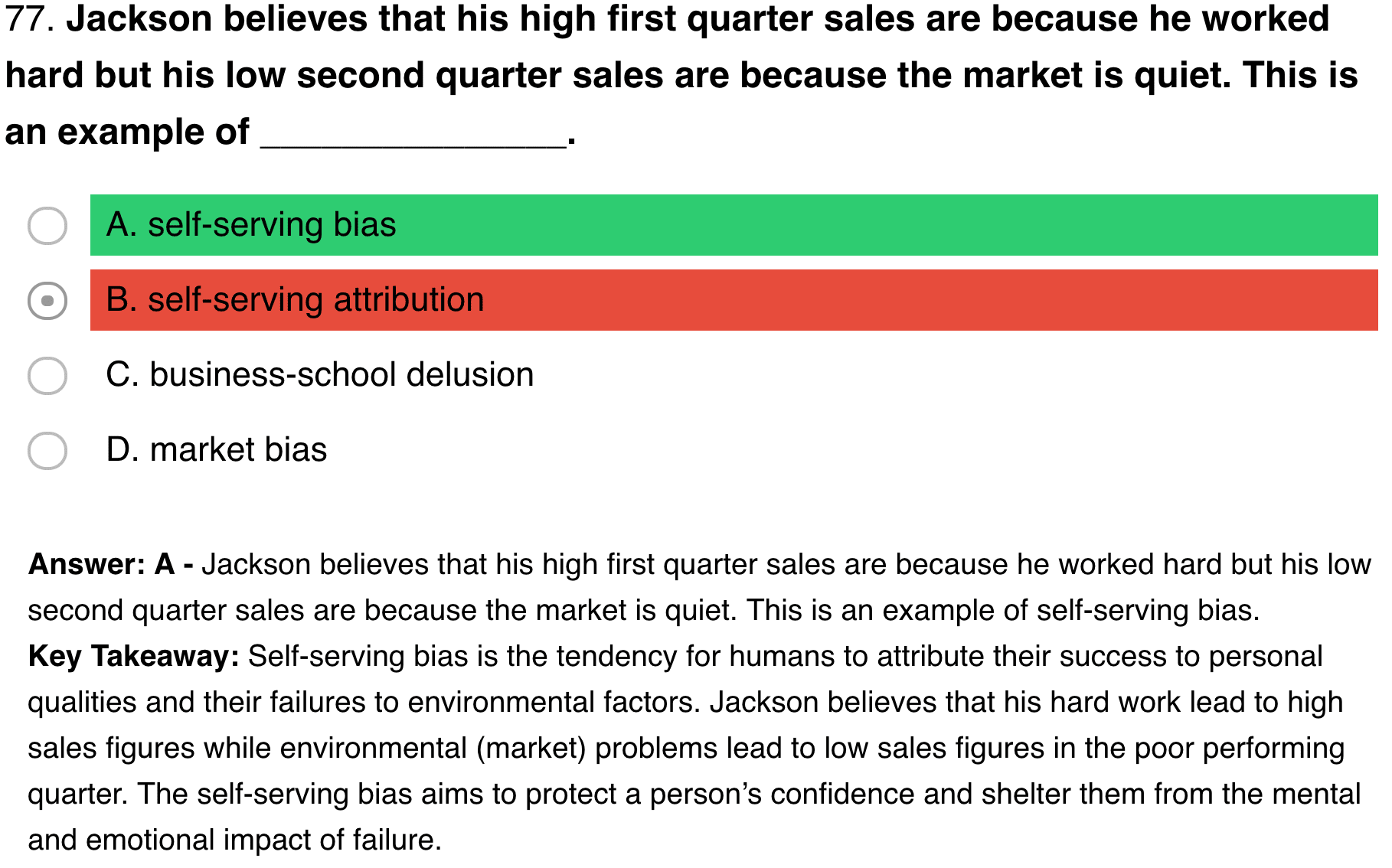
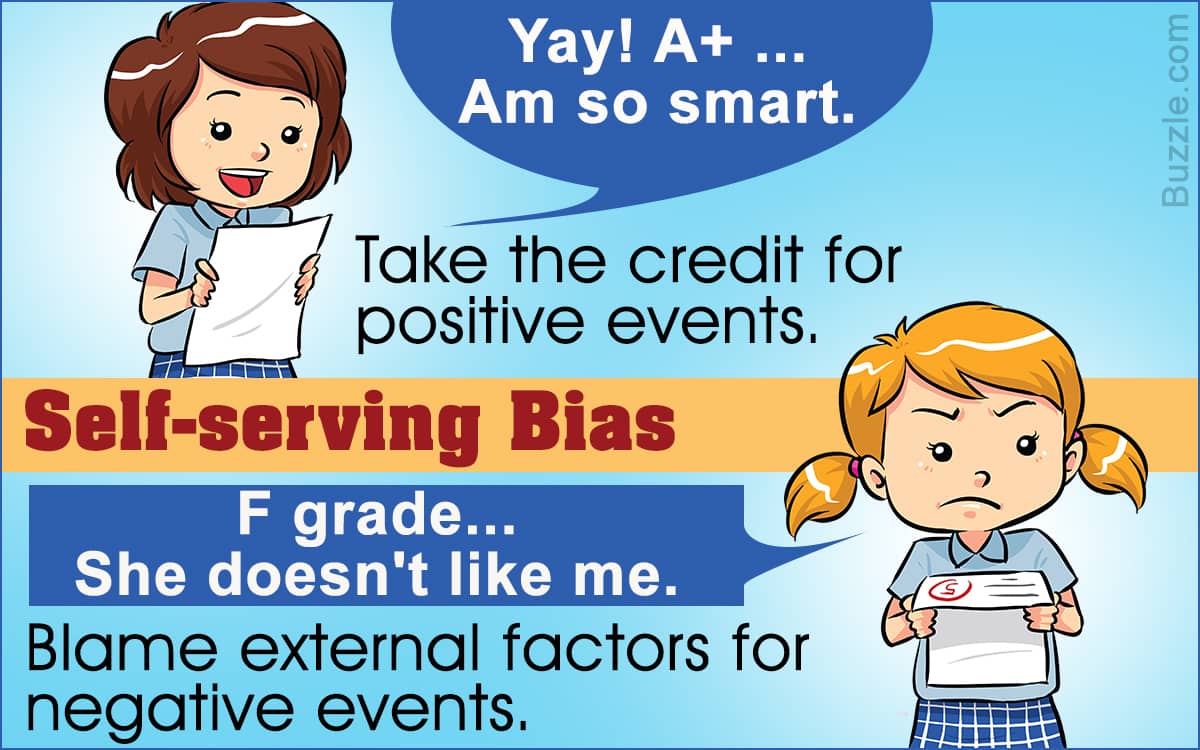
Question 78
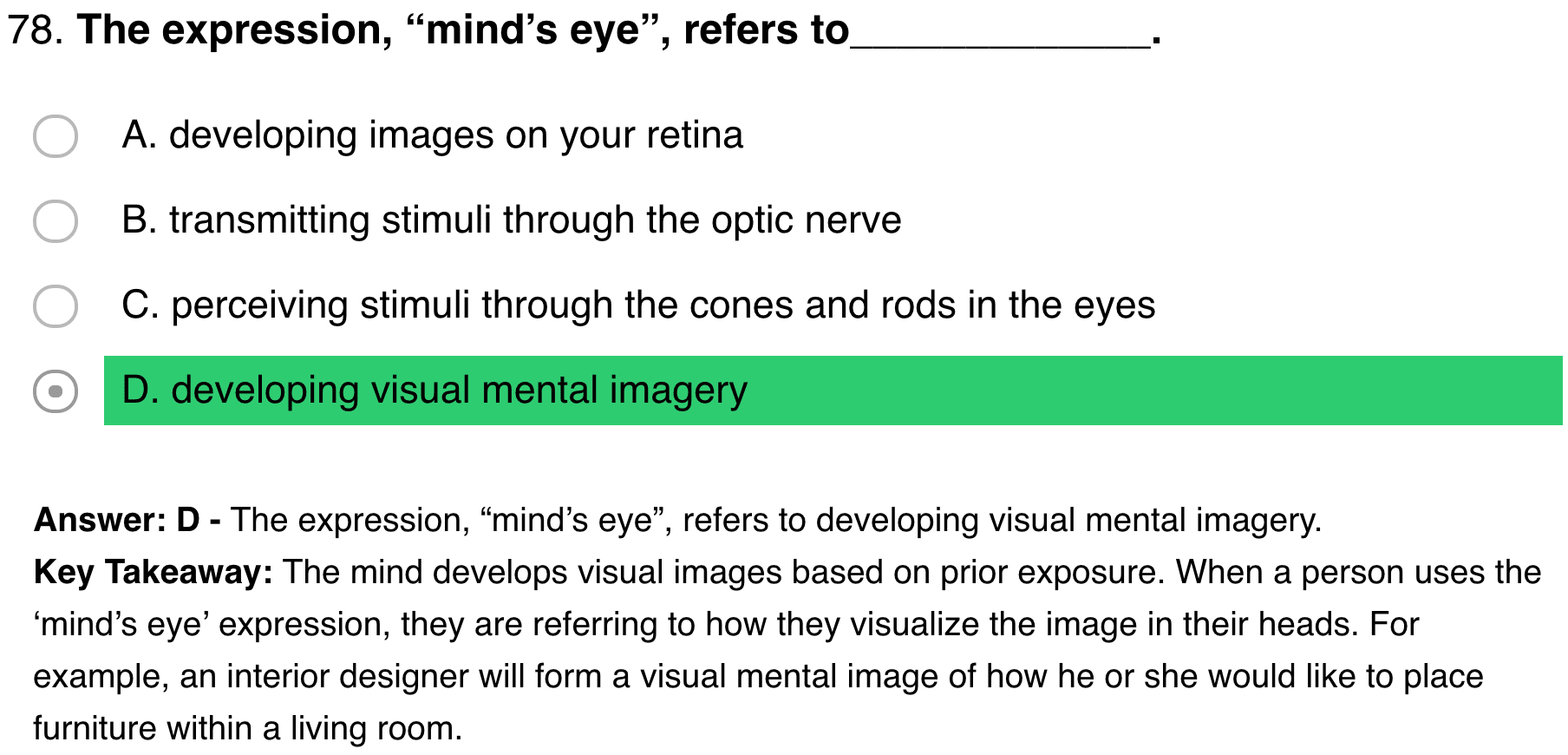
Question 79
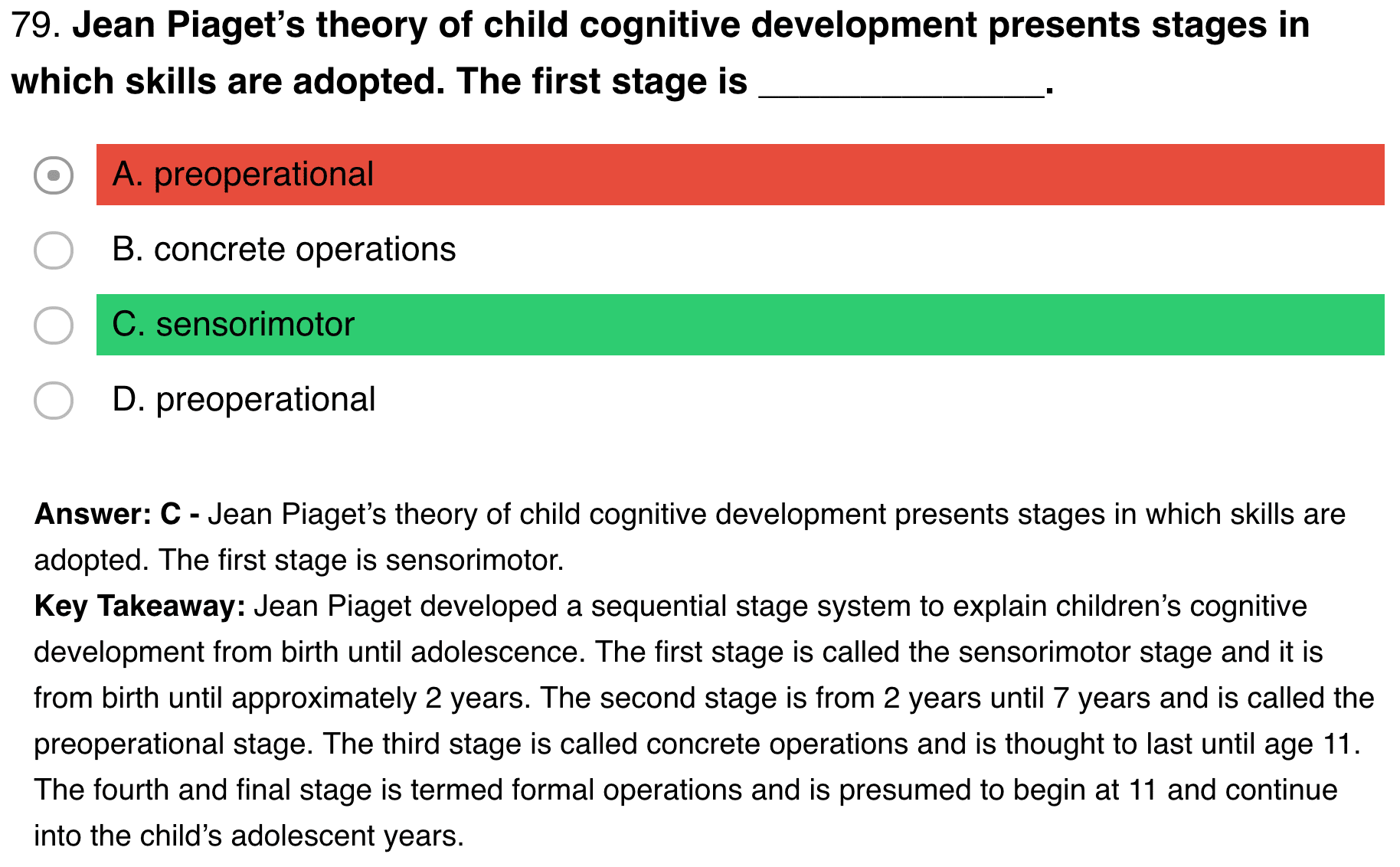
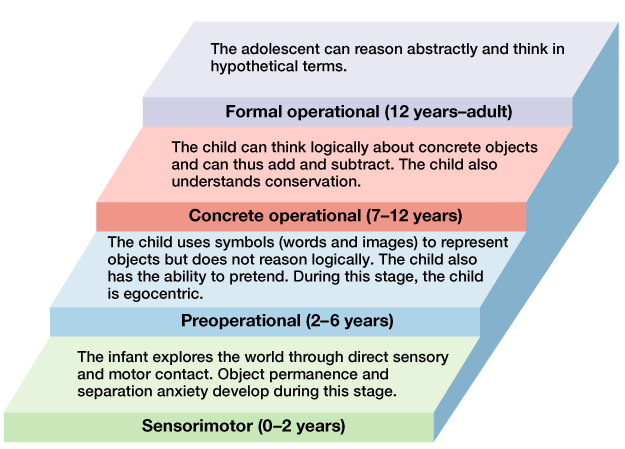
Question 82
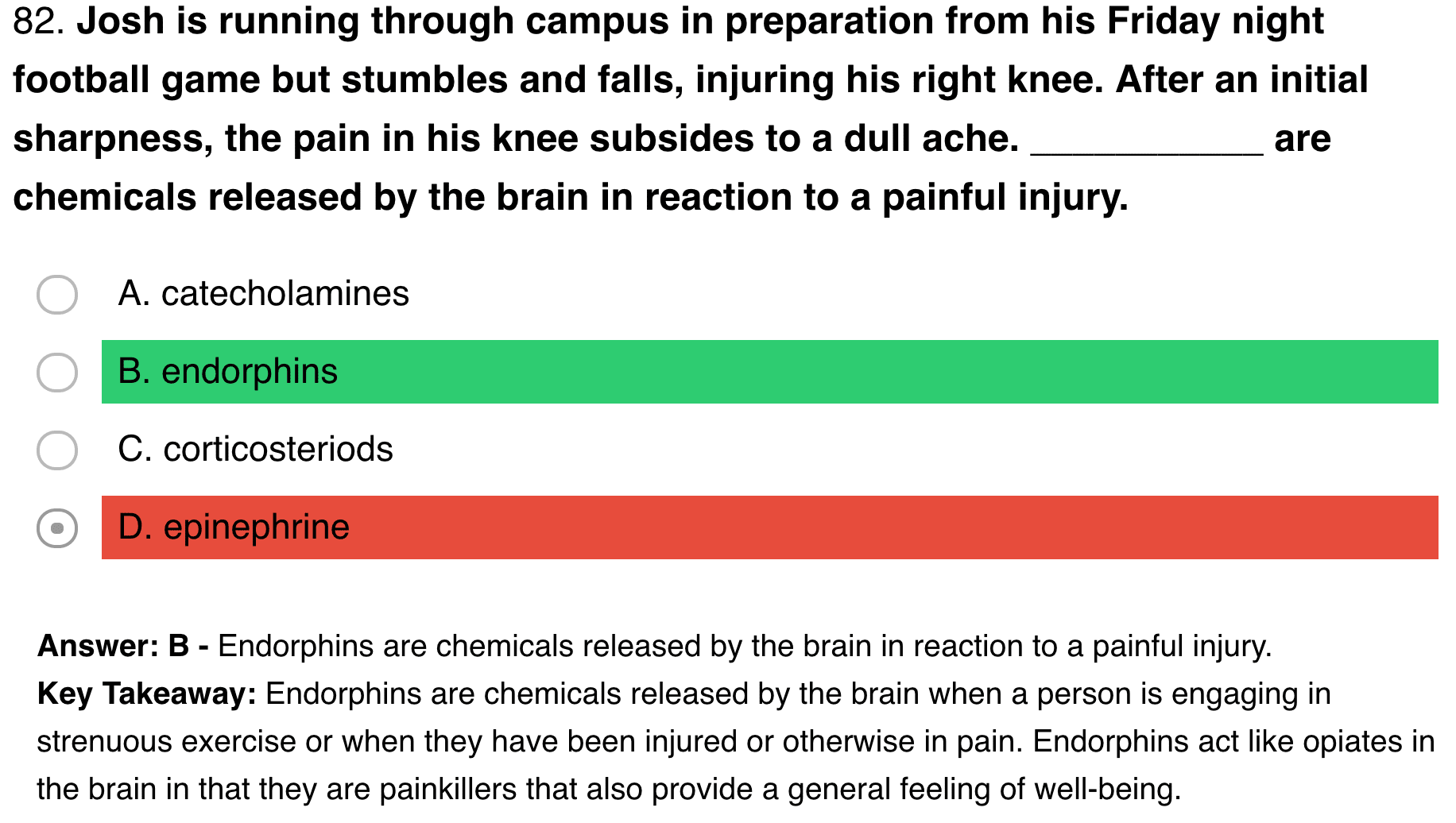
- catecholamines: hormones made by the adrenal glands; part of the fight-or-flight response
- endorphins: Stress and pain are the two most common factors leading to the release of endorphins-
- corticosteriods: used to provide relief for inflamed areas of the body; lessen swelling, redness, itching, and allergic reactions.
- epinephrine: Strong emotions such as fear or anger cause epinephrine to be released into the bloodstream, which causes an increase in heart rate, muscle strength, blood pressure, and sugar metabolism
Question 83
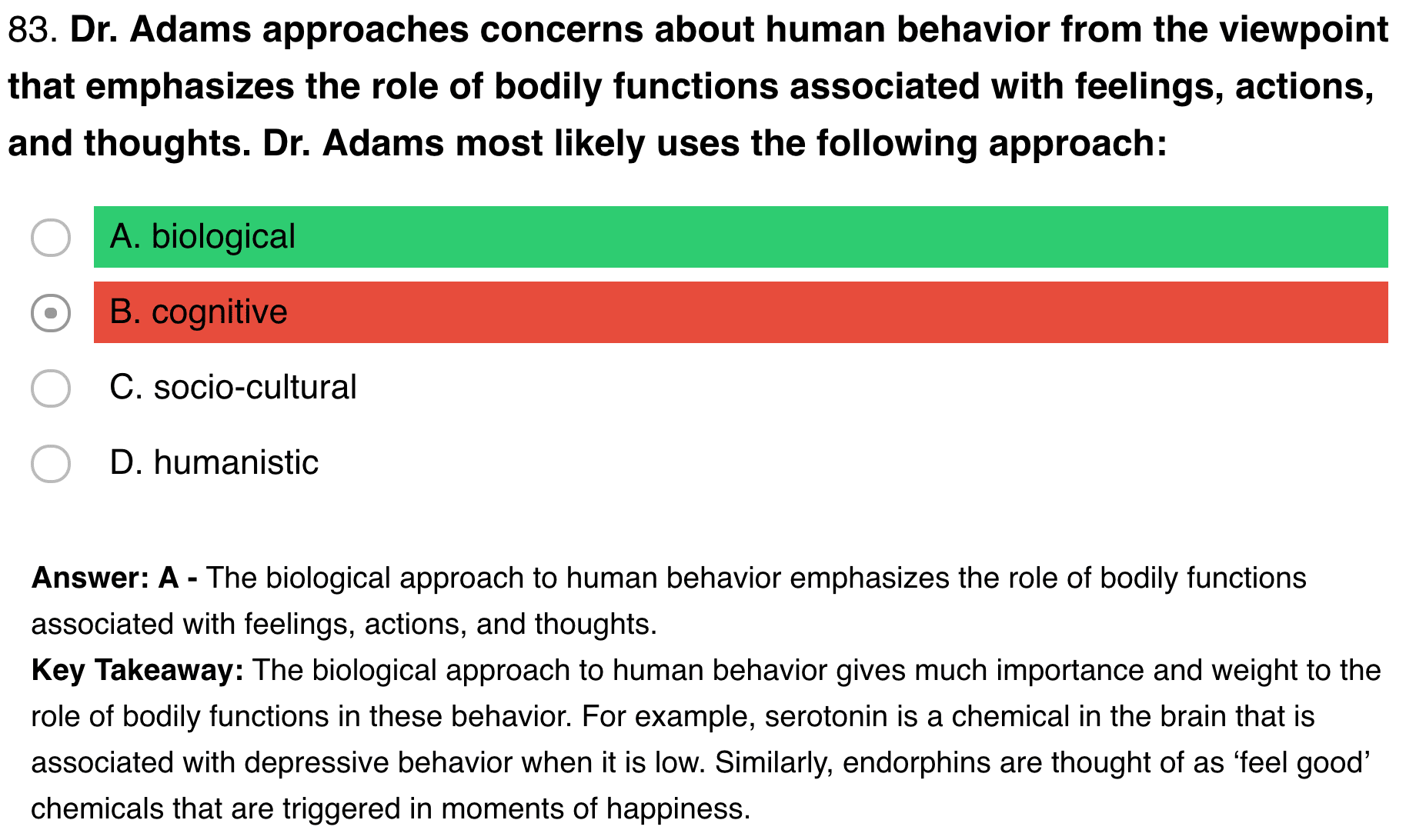
Question 85
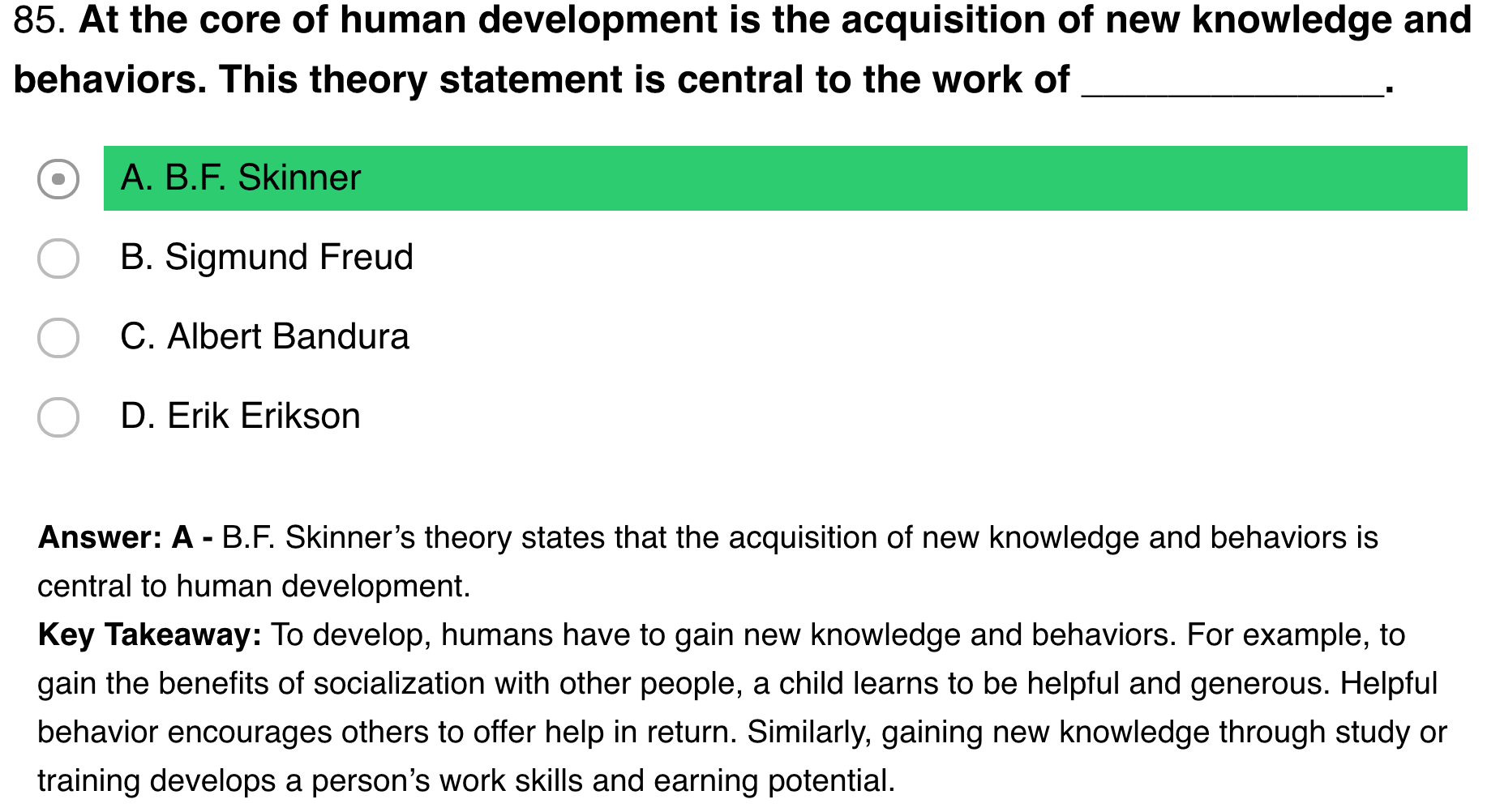
- Albert Bandura: social learning theory
- Erik Erikson: stages of psychosocial development
Question 86
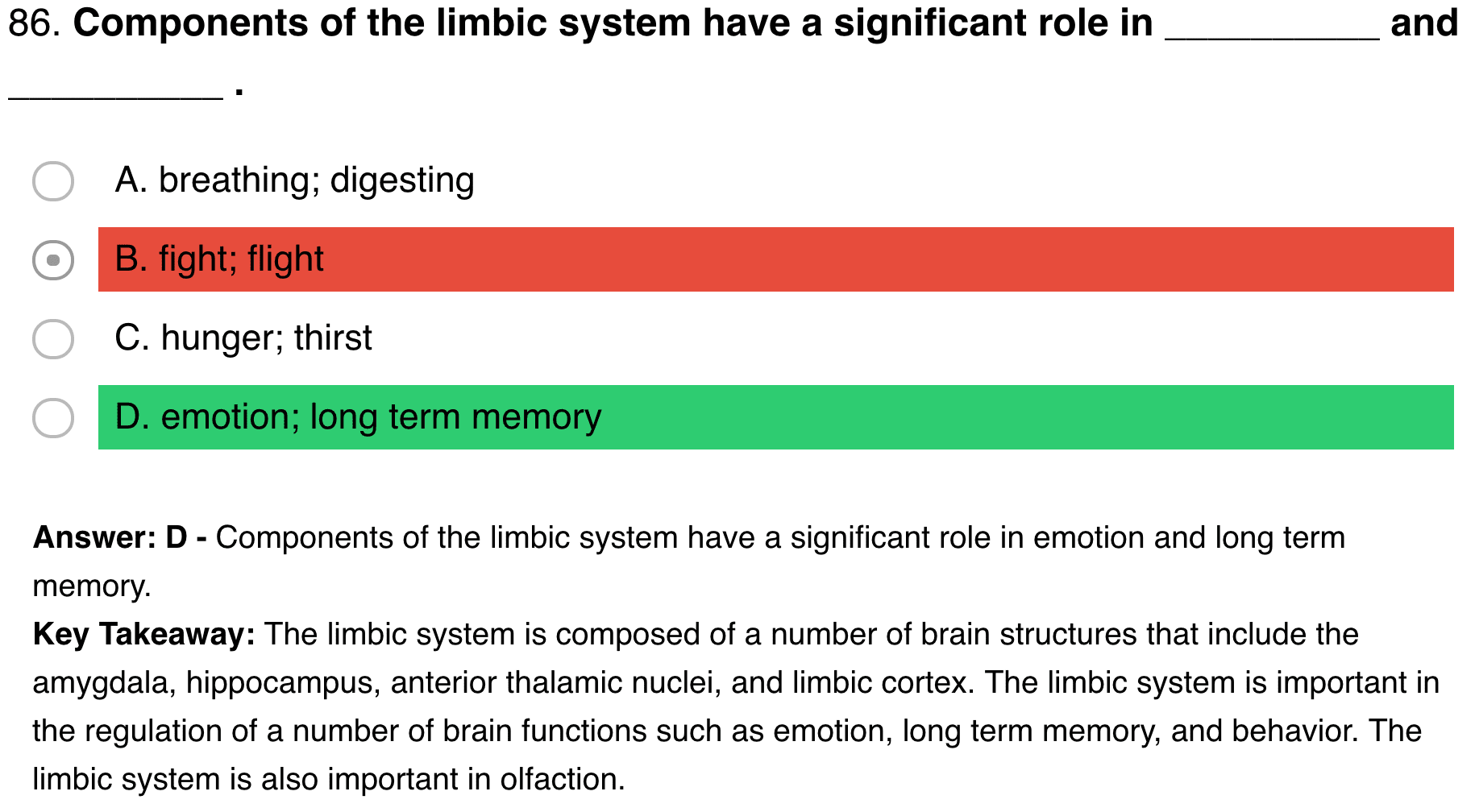
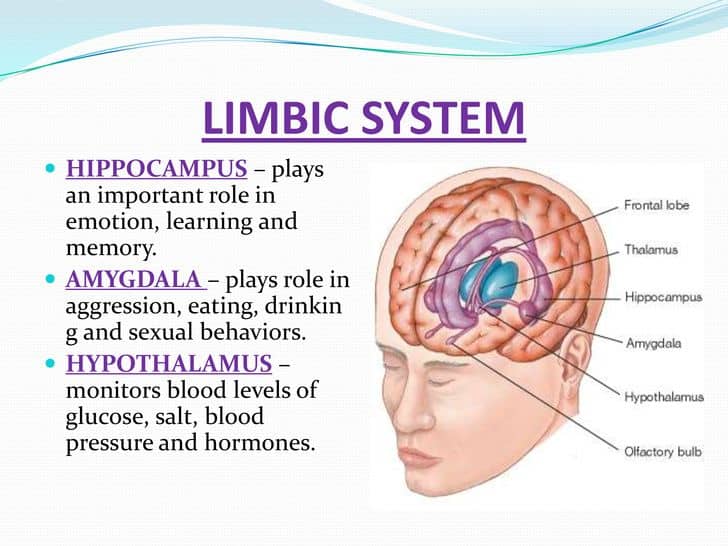
Question 87
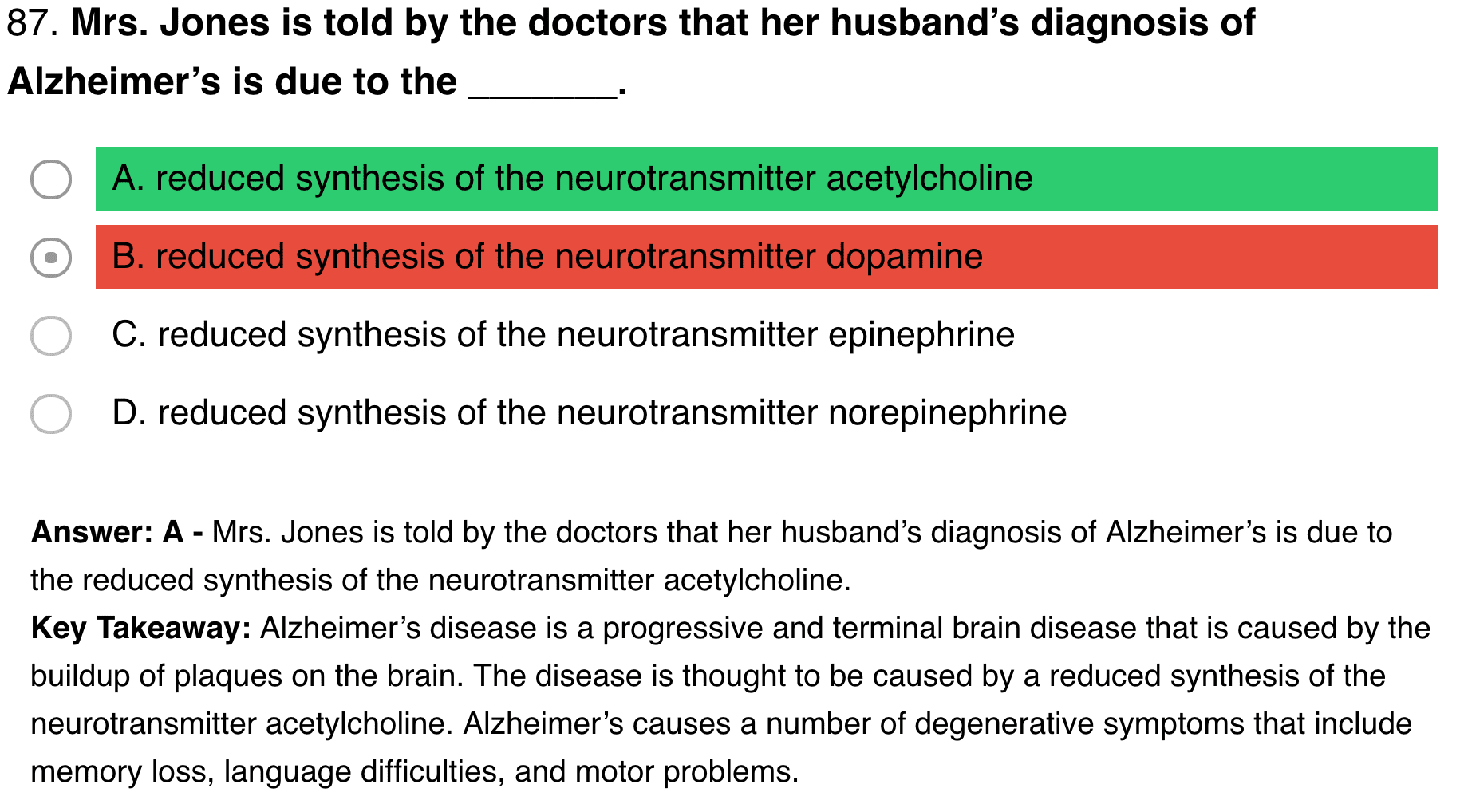
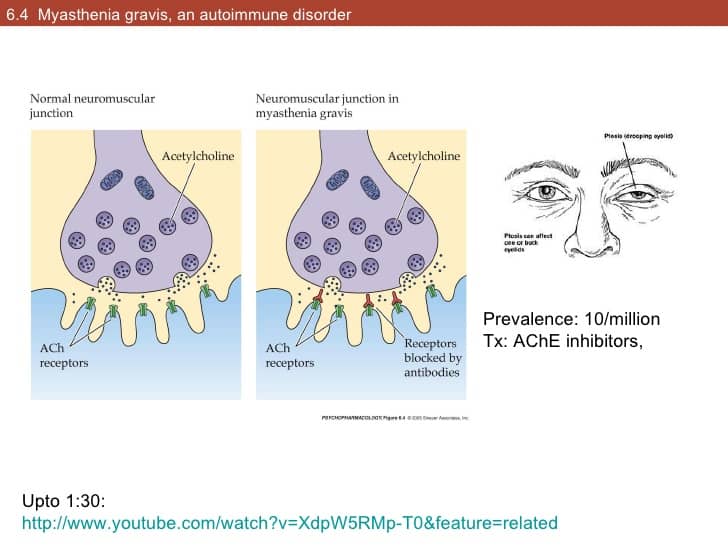
Question 88
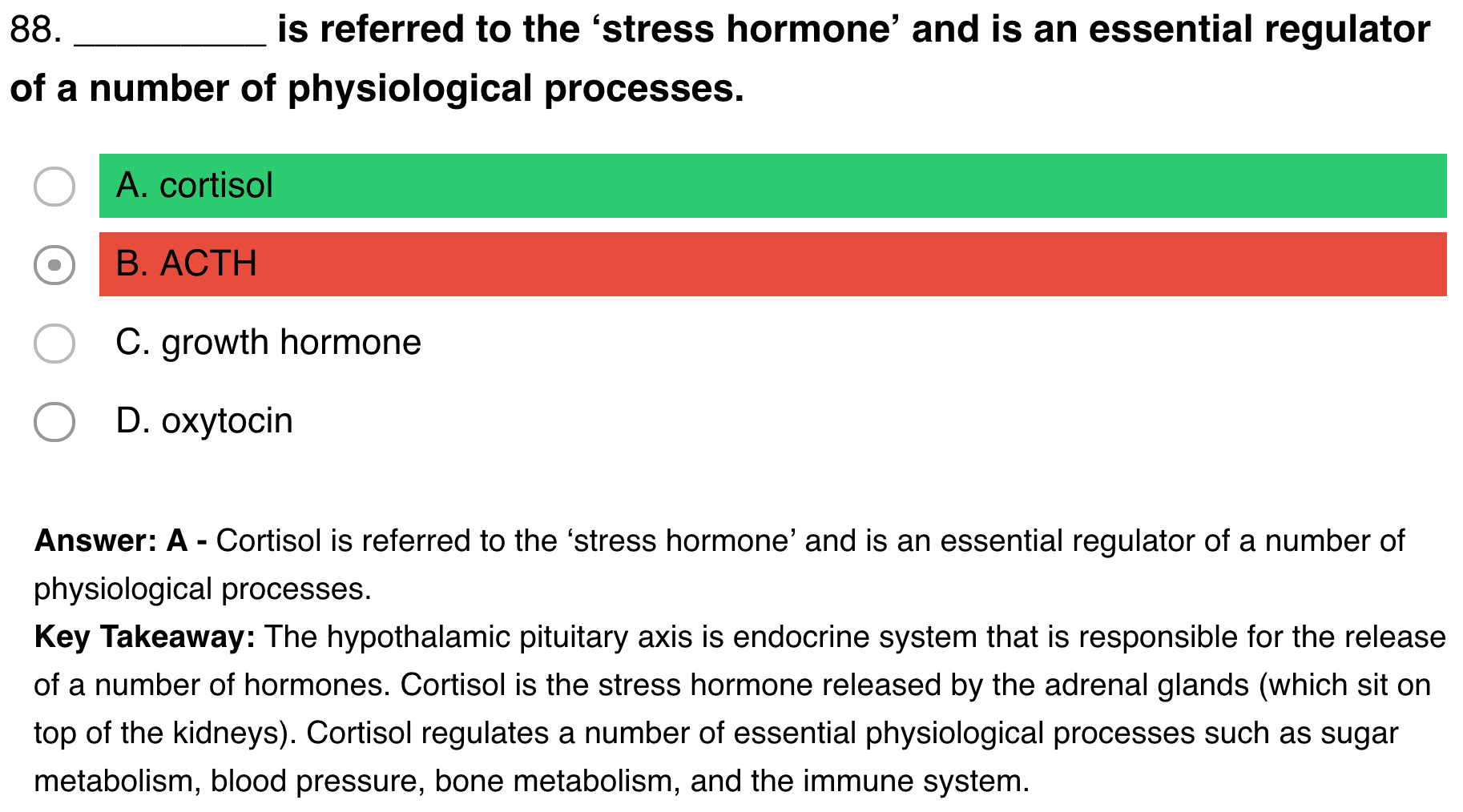
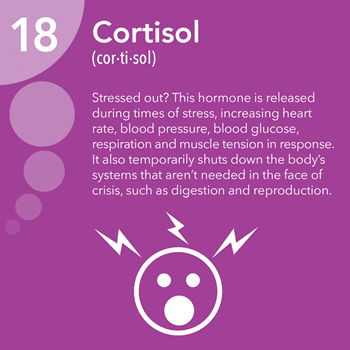
Question 90
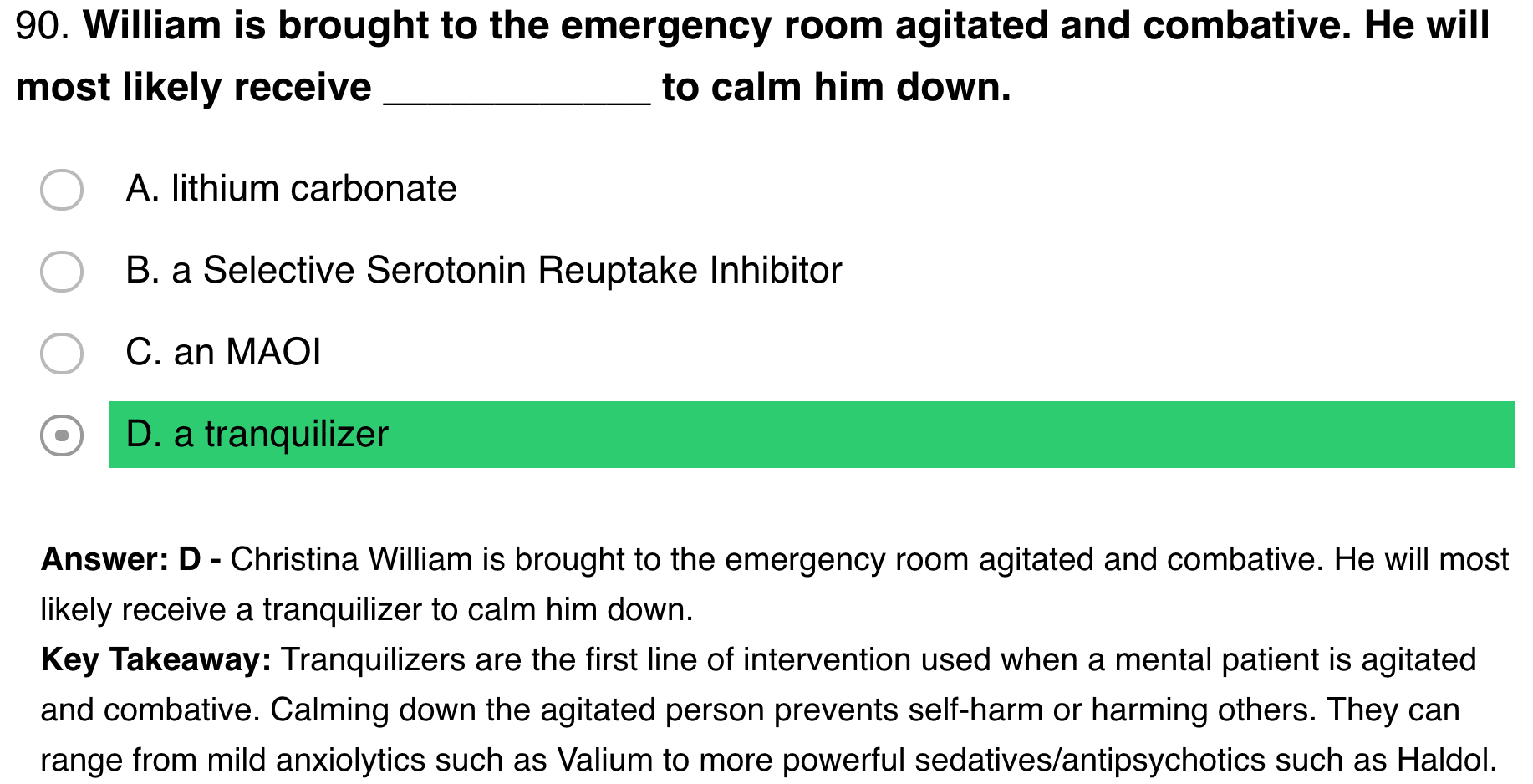
Question 91
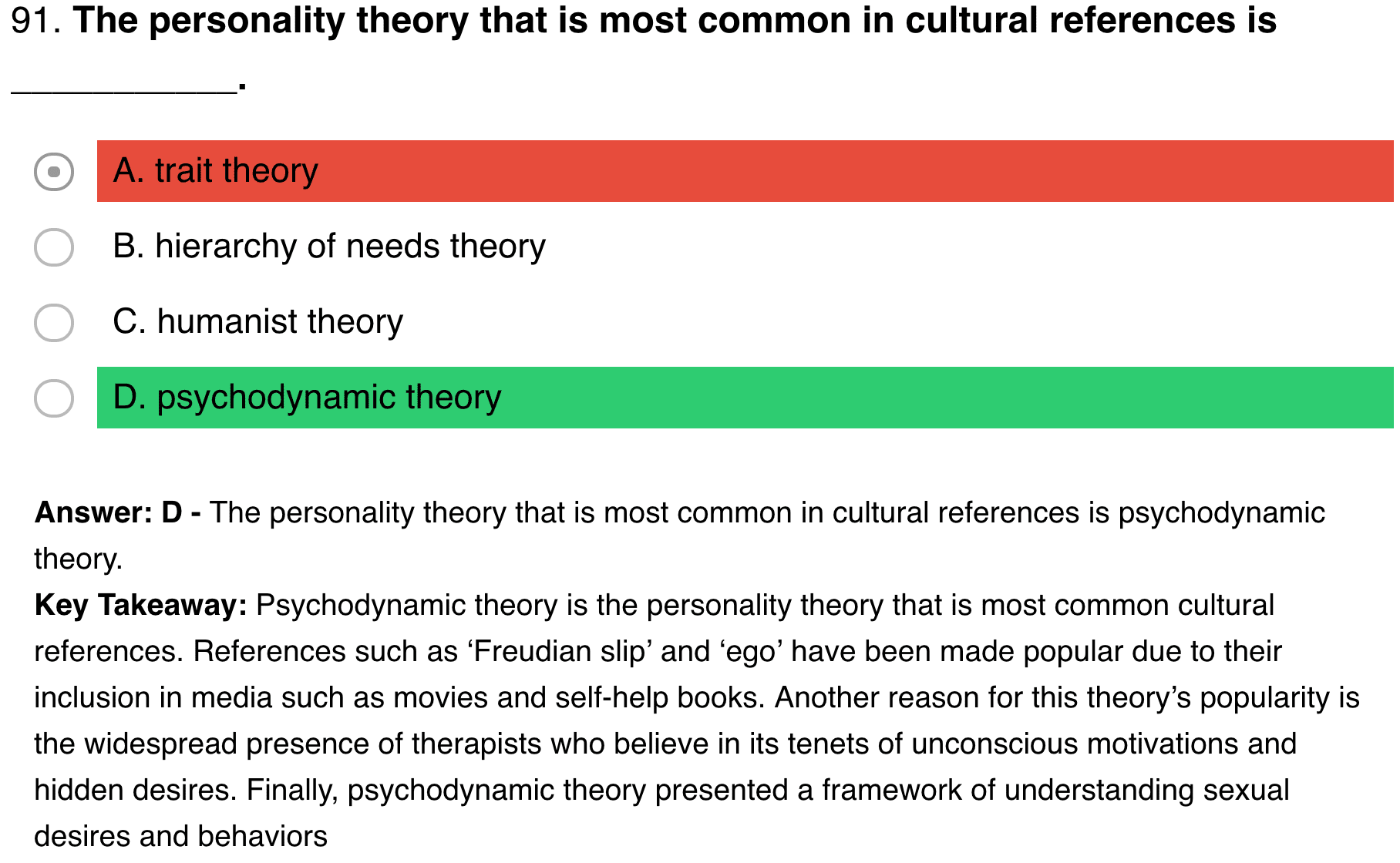
Question 94
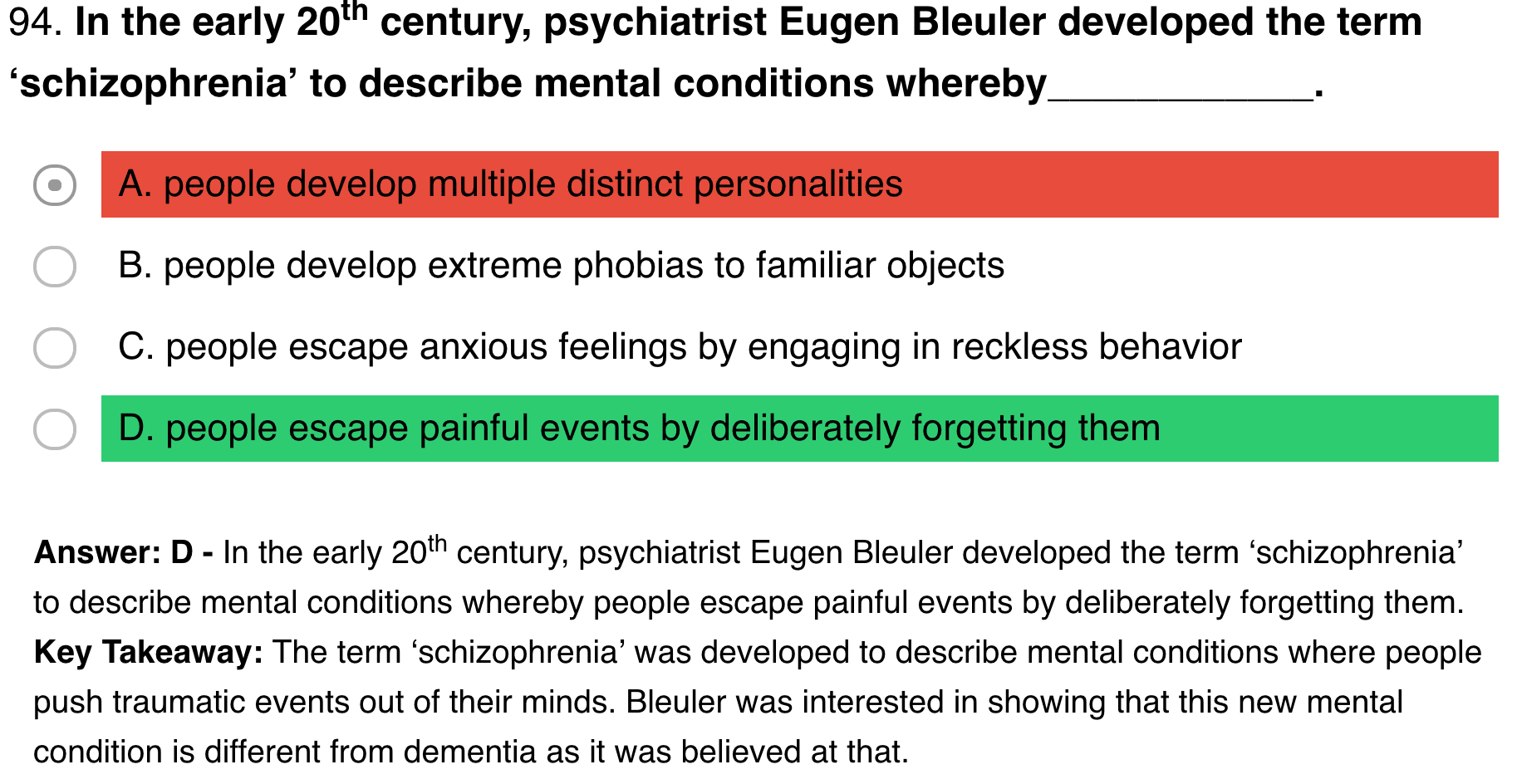
Question 96
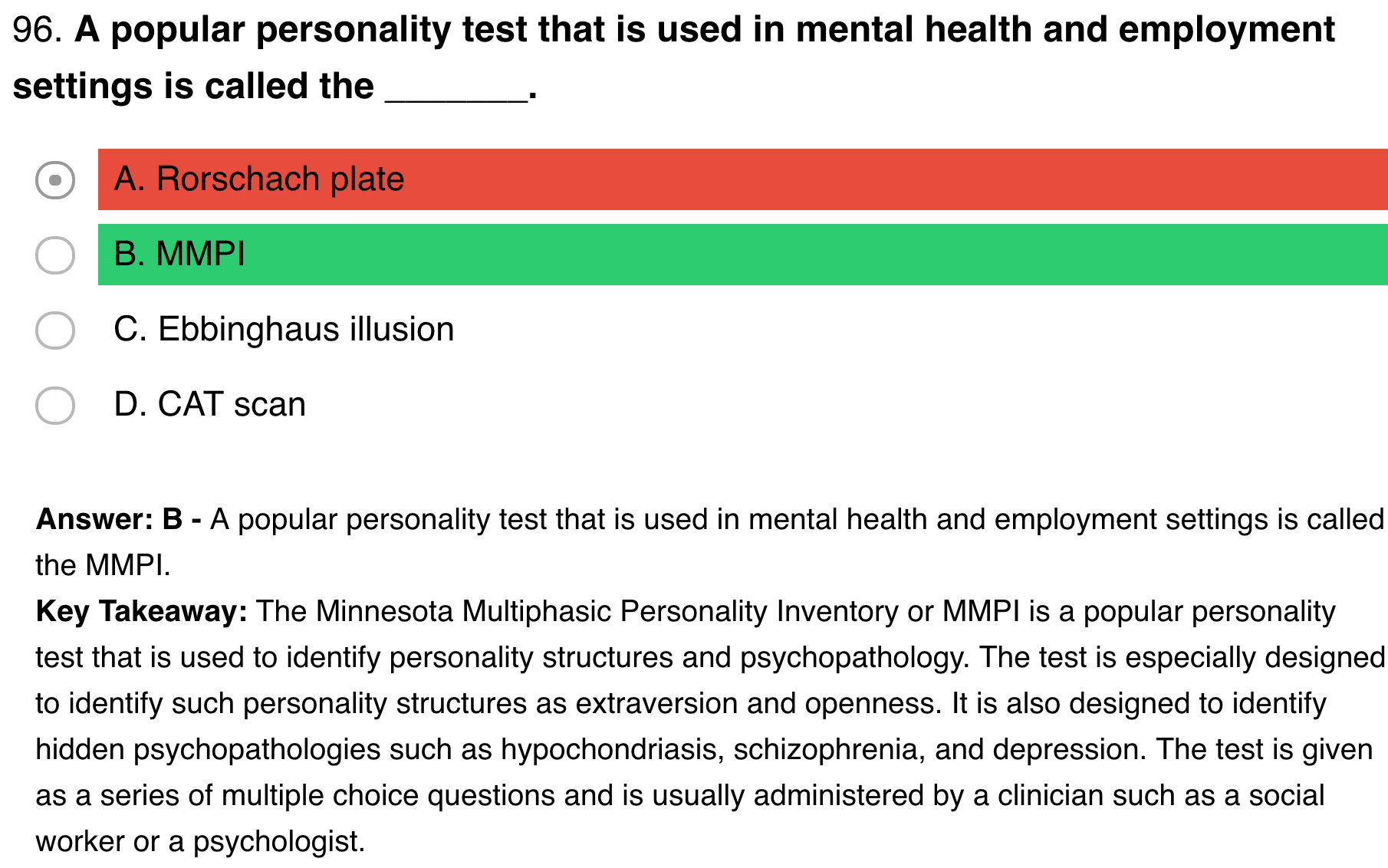

Question 97
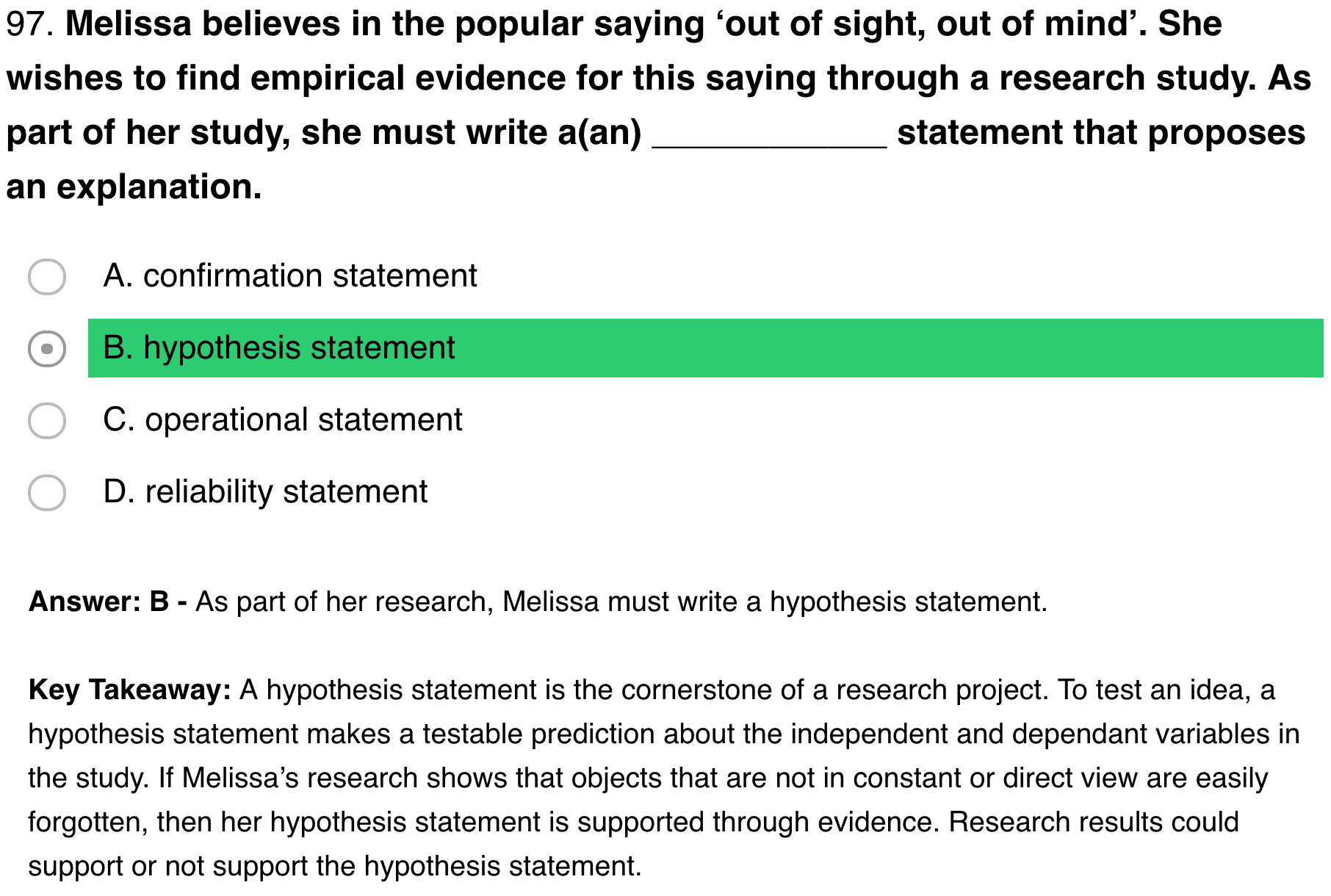
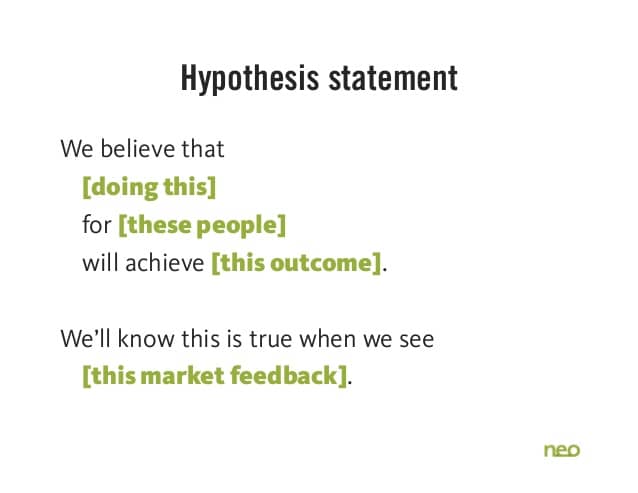
Question 99
